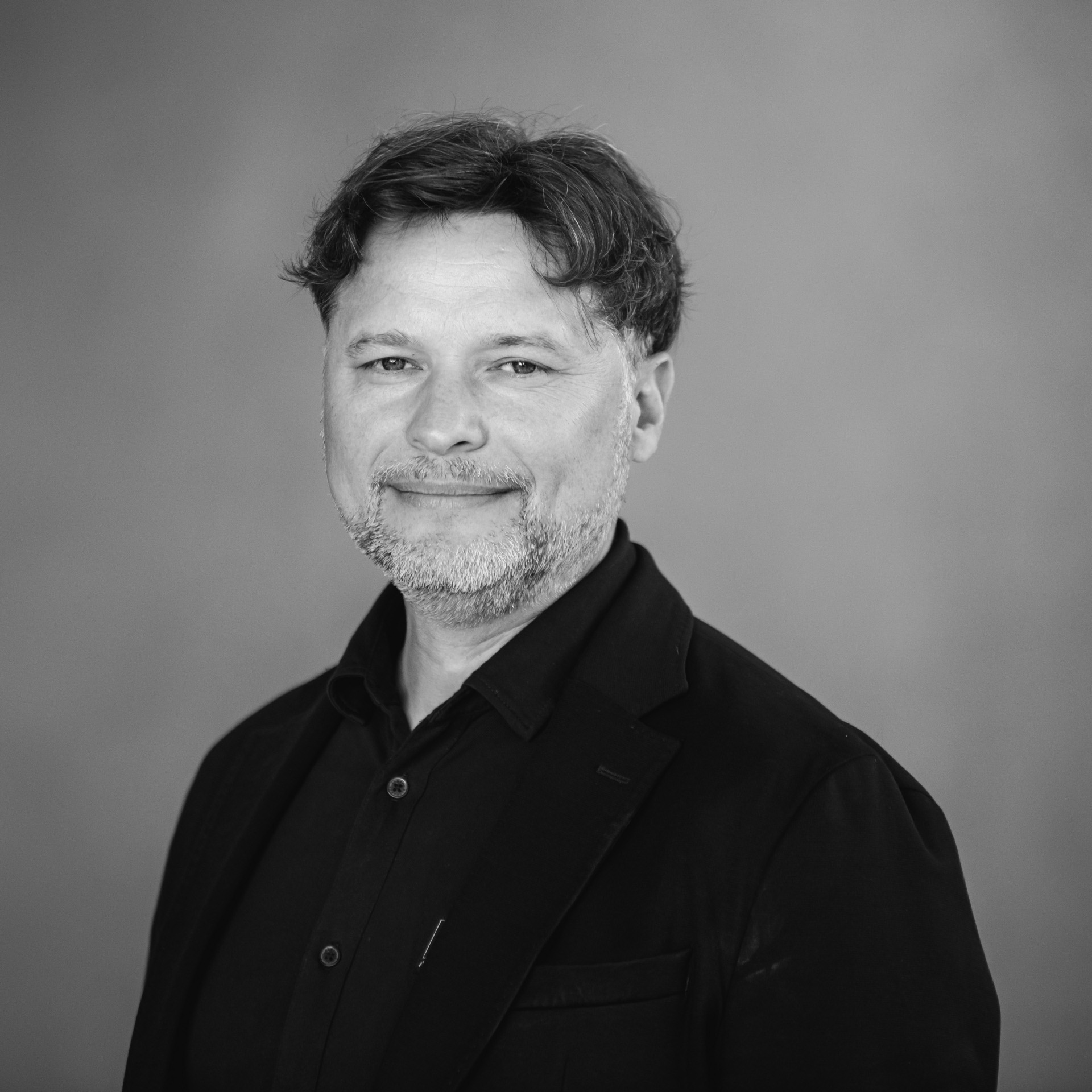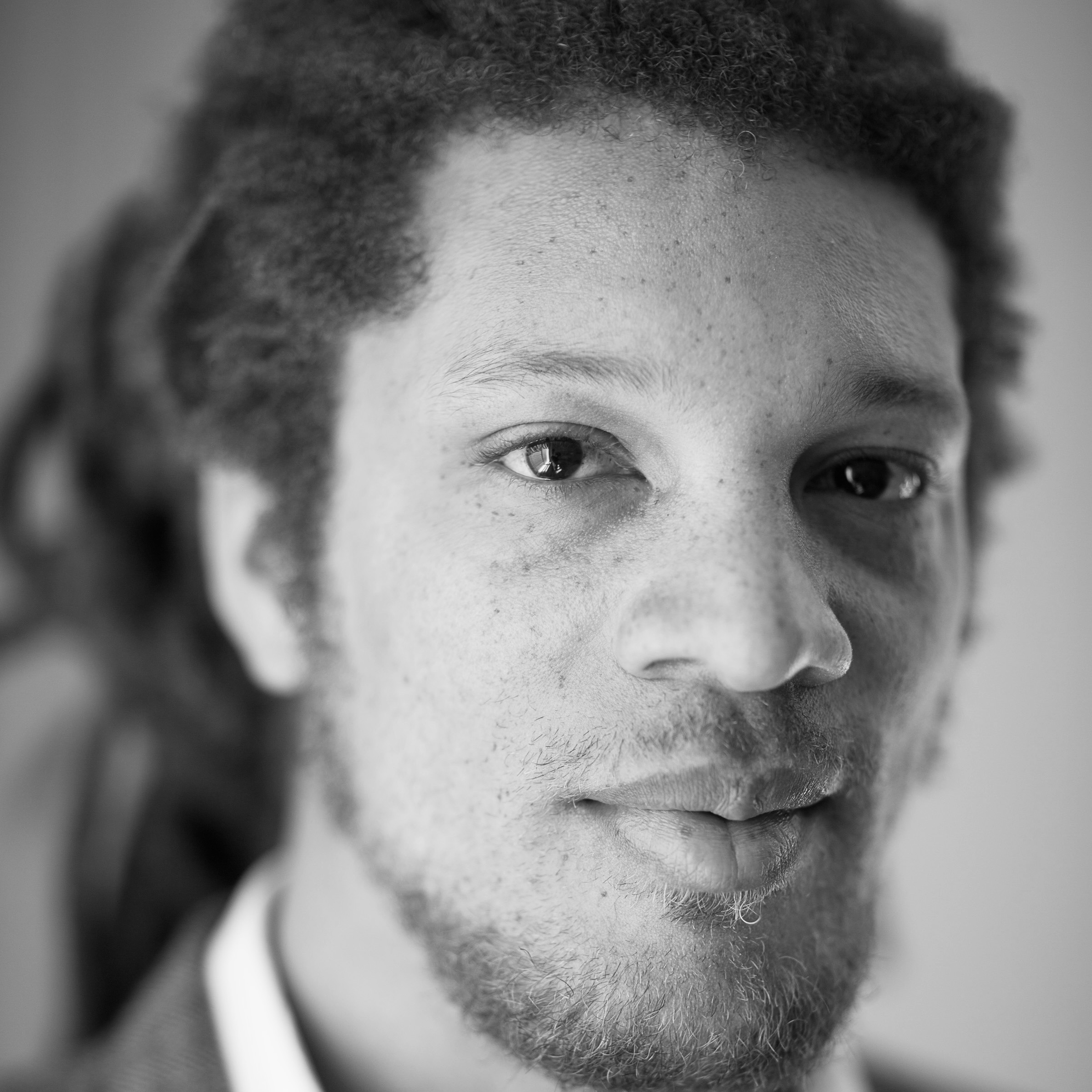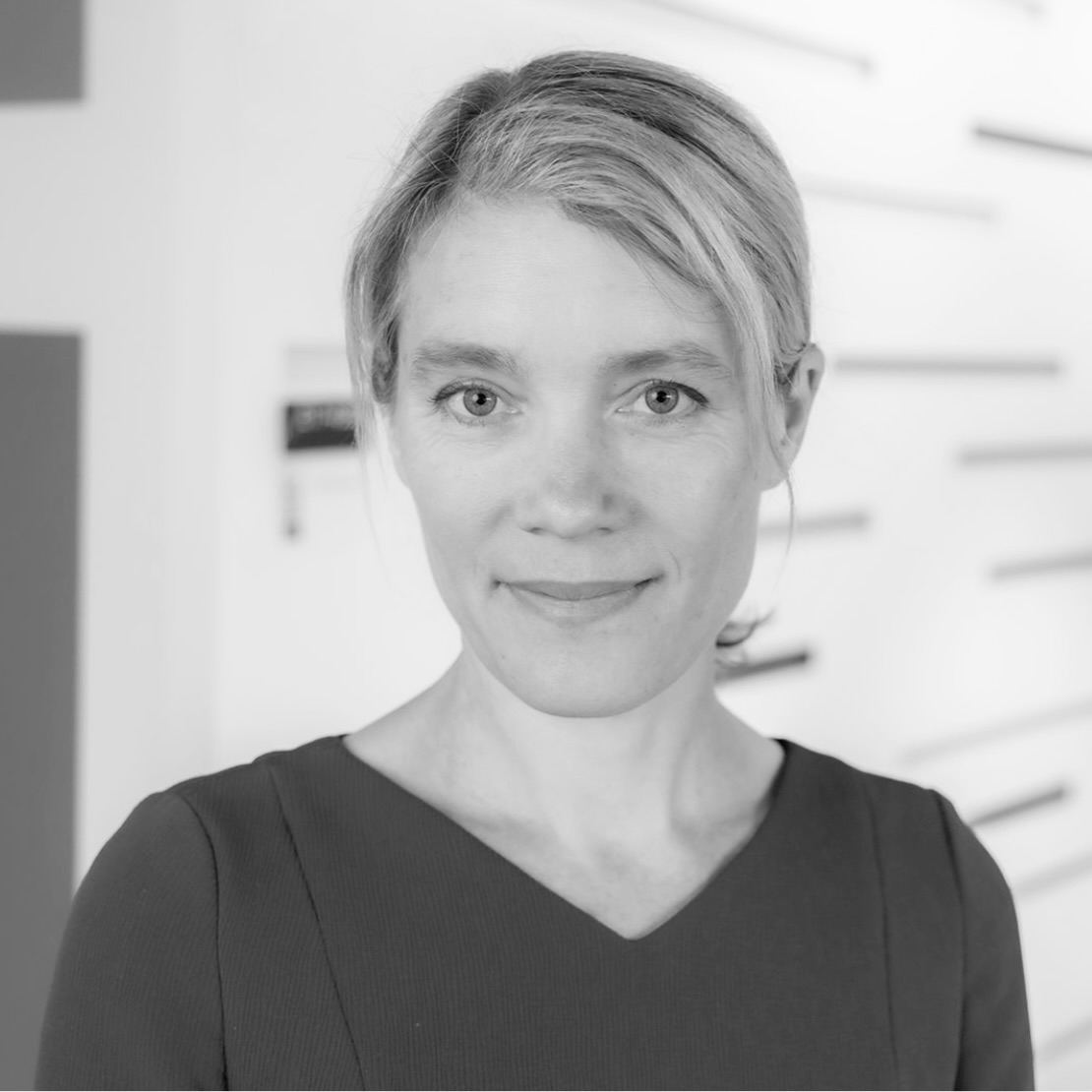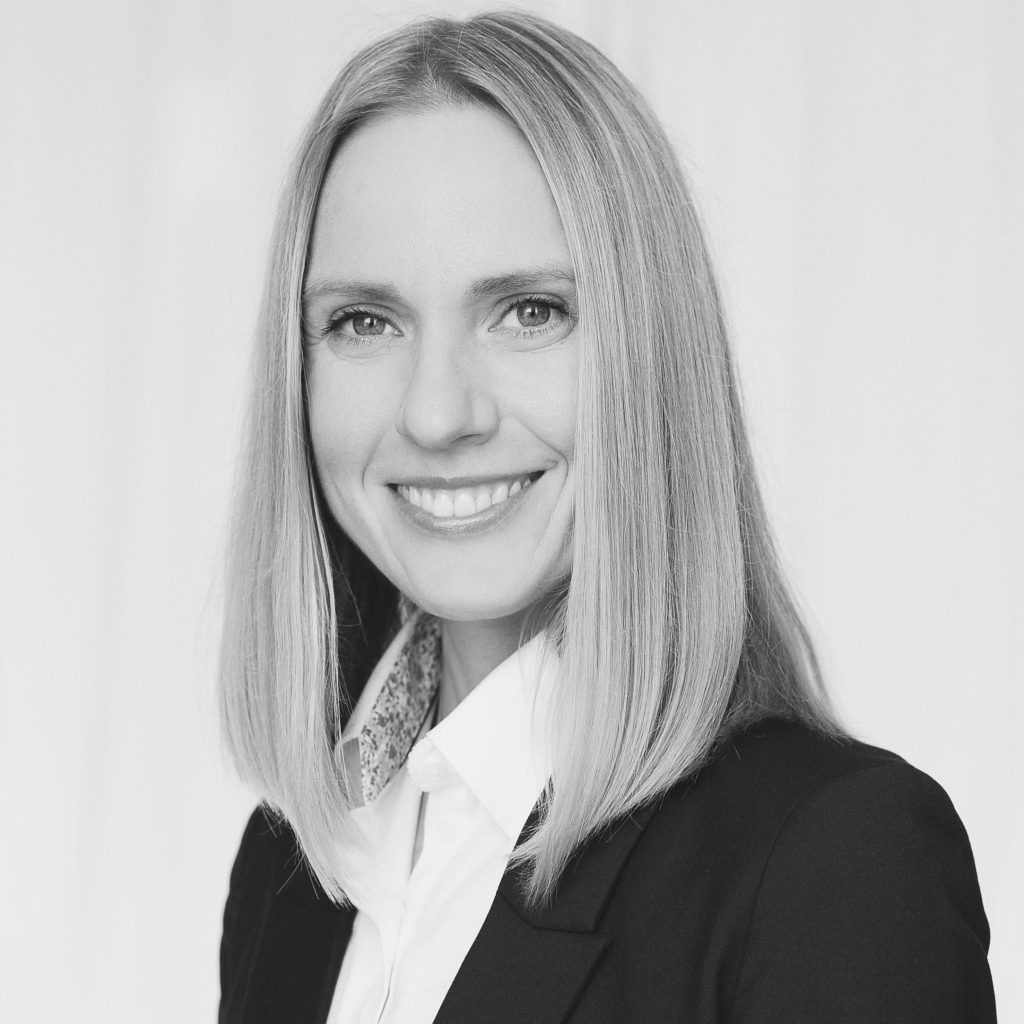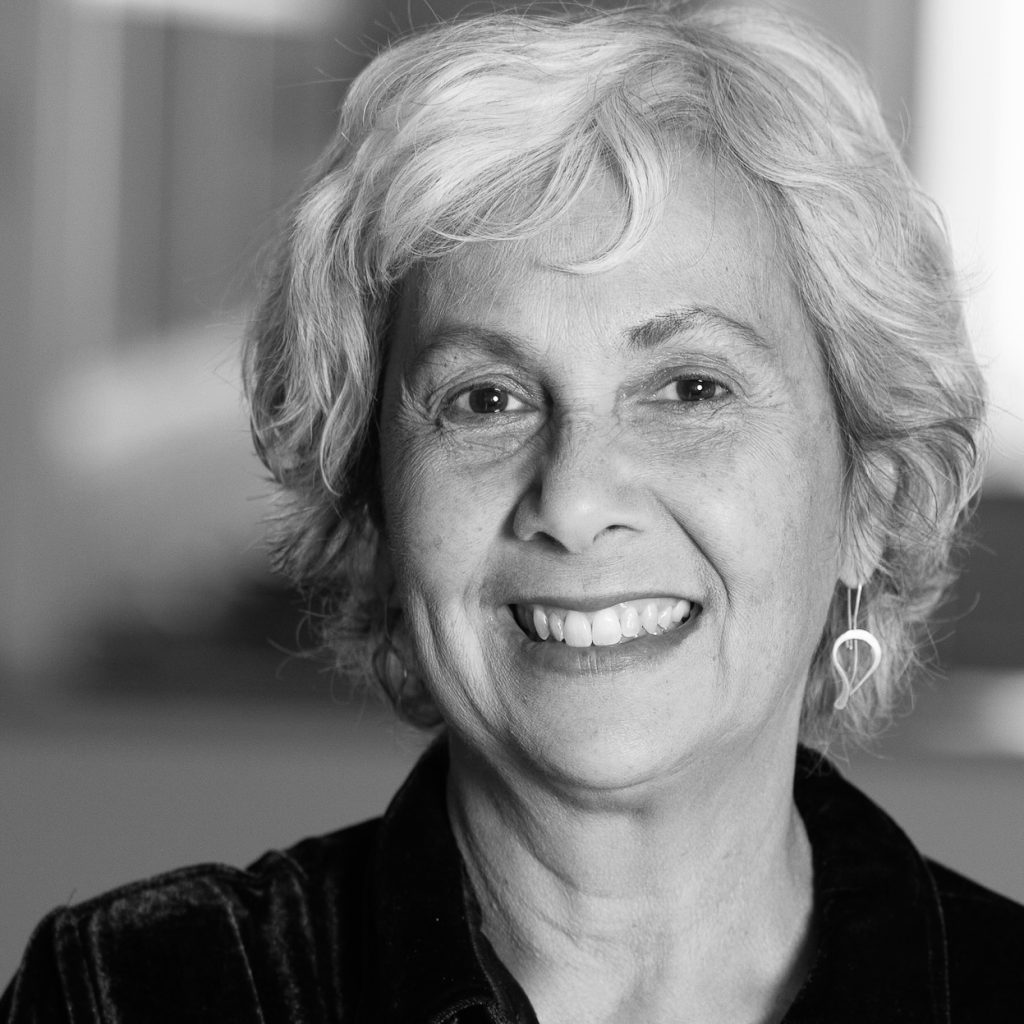Event Overview
This conference investigates how transforming technological and non-technological innovations can forge resilient and adaptable futures amidst rapid change of human everyday life and geopolitical shifts. It fosters a ‘more-than-human’ perspective, exploring nascent ideas and designing senseable, inclusive ecosystems that promote harmonious coexistence and well-being across all entities—from humans to nature and emerging technologies.
This is a public science event designed to bring together diverse stakeholders for a collaborative discussion about the challenges within technological transformations, offering an invaluable opportunity to learn from leading global experts. Participants can expect to gain a deeper understanding of complex technologies through presentations thoughtfully designed for accessibility and broad participation, expand their professional network and connections, and meet leading scientists from Lithuania and MIT, as well as prominent representatives from the business sector.
Read more Read less
In a world increasingly shaped by rapid evolution, geopolitical flux and fragmentation a fundamental human desire for stability amidst uncertainty persists. While anxieties about the future compel us to seek firm guidelines, true progress lies in collectively forging resilient paths, rather than adhering to rigid answers. This gathering is not about delivering predetermined narratives, but about a shared inquiry into the present and a collaborative sculpting of the future. It aims to explore the "untimely" – those nascent forms and thoughts that describe our current era but remain as yet unarticulated or unacknowledged. Through this collective process, we seek to move beyond conventional discourse, embracing radical transformation and fostering a deeper understanding of our interwoven existence with technology and the natural world.
The framework for understanding delves into the multifaceted dimensions of human and more-than-human coexistence, seeking to challenge anthropocentric views and foster harmonious interactions across humanity, technology, and the natural environment. This is achieved through strategic clarity and accessibility, drawing inspiration from leading philosophies to ensure presentations are clear, vision-driven and avoid jargon for practical, impactful outcomes. This understanding necessitates a focus on designing responsive futures, moving beyond mere "smart" solutions to cultivate "senseable" ecosystems that acknowledge the inherent agency of matter itself. Such adaptive, interactive environments, from livable cities to factories of the future, demand human-centric technology, robust feedback loops, and profound interdisciplinary collaboration. Furthermore, it addresses the critical need to harness synthetic biology and genomics for biological responses to climate change and future health, while responsibly navigating the challenges of generative AI for innovation and growth, particularly in light of concerns about "useless classes" and "data dictatorships". The current context also highlights the urgency of radical educational innovations, transforming lifelong learning through new radical pedagogies and AI to enable individuals and societies to adapt and thrive in a constantly changing world. This landscape profoundly necessitates critical inquiry and participatory engagement, actively fostering civic discourse and collective problem-solving, including discussions on ensuring robust societal resilience and preparedness in an unpredictable world.
Finally, it re-imagines coexistence by embracing a "more-than-human" perspective that acknowledges the agency of all entities—humans, animals, plants, and AI—to foster justice, well-being, and caring relationships through multispecies interaction design. Ultimately, the conference seeks to inspire collective action and responsible innovation, transforming dialogue into a catalyst for shaping shared, adaptable, and inclusive futures.
| 9:00 |
Wetland.Games Gediminas & Nomeda Urbonas (MIT Climate Visions) Raphaël Mathevet (French National Centre for Scientific Research) Registration is closed Wetland.Games is a role-playing game that enacts wetlands as a system of collective intelligence, where human and non-human actors navigate ecological, social, and material interdependencies through negotiation, diplomacy, and embodied experimentation. |
||
DAY 1 – October 9, 2025
The main stage - Vilnius University Life Sciences Center, Saulėtekio av. 7, R106 aud., Vilnius
The second stage - Vilnius University Library, Saulėtekio av. 5, Conference hall, Vilnius
| 8:30 | Vilnius University Life Sciences Center, Saulėtekio av. 7, R106 aud., Vilnius Registration | ||
| 9:00 | Opening Ceremony Welcome Addresses: H.E. Gitanas Nausėda, President of the Republic of Lithuania | Speech to be delivered by Advisor to the President of the Republic of Lithuania Mr. Andrius Kubilius, European Commissioner for Defence and Space | Delivering a video address Ms. Audra Plepytė, Vice-Minister of Foreign Affairs Dr. Ineta Dabašinskienė, Rector of Vytautas Magnus University Prof. Dr. (HP) Gintaras Valušis, Vice-Rector of Vilnius University Dr. Duane Boning, Vice Provost of MIT Dr. Gintaras Valinčius, Chairman of the Research Council of Lithuania | ||
| 9:30 | Keynote Address Innovation in Energy Systems Prof. Dr. Jessika Trancik | MIT Institute for Data, Systems, and Society | ||
| 10:00 | Vilnius University Life Sciences Center, Saulėtekio av. 7, R106 aud., Vilnius Session 1. From Sensing to Resilience Building Livable Cities for Human and More-than-human Futures 10:00 Green Mobility City. Tools for Modeling Built Environments at the Pedestrian Scale. 10:30 Climate-Resilient Communities: Interconnected Systems of Different Scales 11:00 Landscape Urbanism for the Nature-Based Future 11:20 Nature-Inspired City Stability: What the Maps Reveal | 10:00 | Vilnius University Library, Saulėtekio av. 5, Conference hall, Vilnius Session 2. Factories of the Future: From Quantum Precision to Advanced Materials 10:00 The Autonomous Factory: How Data, Digital Twins, and Real-Time Control Are Revolutionizing Manufacturing 10:30 Quantum computing and sensing with superconducting circuits Assoc. Prof. Dr. Kevin P. O’Brien | Associate Professor of Electrical Engineering and Computer Science, MIT 11:00 Quantum technologies with ultracold atoms 11:20 Advanced Organic Molecules for Next Generation Solar Cells |
| 11:40 | Panel Discussion Moderator: Assoc. Prof. Dr. Jūratė Tutlytė | Vytautas Magnus University, Vilnius Academy of Arts Panelists:
| 11:40 | Panel Discussion Moderator: Dr. Mažena Mackoit-Sinkevičienė | Vilnius University Panelists:
|
| 12:40 | Lunch Break | ||
| 14:00 | Session 4. The Future of DSR (Defence, Security, and Resilience) 14:00 Dual Use as a National Development Strategy 14:30 Adversarial Intelligence and the Impact of Generative Artificial Intelligence on Cybersecurity 15:00 Intelligent Defense: How University Research Strengthens Trust in the Digital Domain 15:20 Cognitive OSINT: Harnessing Next-Gen AI for Hybrid Threat Foresight 15:40 Panel Discussion Panelists:
| 14:00 | Session 3. Harnessing Synthetic Biology and Genomics for Biological Responses to Climate Change and Future Health In partnership with Northway Biotech 14:00 Biomolecular engineering in service of human health Dr. Hadley Sikes | Willard Henry Dow Professor in Chemical Engineering, MIT 14:30 Mechanism of action of the SPARDA prokaryotic defense system 15:00 Crops by design: how genomics and phenotyping advance progress in agri-food 15:30 Panel Discussion Panelists:
|
| 16:30 | Vilnius University Life Sciences Center, Saulėtekio al. 7-R106, Vilnius Closing Remarks: The Human Impact of Innovation: Addressing Polarization and Societal Shifts Participants: Assoc. Prof. Dr. Viktoras Bachmetjevas (Vytautas Magnus University), Dr. Aldis Gedutis (Klaipėda University), Prof. Dr. Jessika Trancik (MIT), Prof. Gediminas Urbonas (MIT), Prof. Dr. Jurgita Verbickienė (Vilnius University) | ||
DAY 2 – October 10, 2025
Vytautas Magnus University - V. Putvinskio str. 23, Kaunas
| 8:30 | Registration | ||
9:05
9:10 | Welcome Address Dr. Ineta Dabašinskienė, Rector of Vytautas Magnus University
Welcome Address by Duane Boning | Vice Provost, MIT | ||
| 9:30 | Vytautas Magnus University, Putvinskio str. 23-106, Kaunas Keynote MIT Policy Lab: A Model for Academic Engagement in Public Policy Dr. Drew Story | Managing Director of MIT’s Policy Lab | ||
| 10:00 | Vytautas Magnus University, Putvinskio str. 23-106, Kaunas Session 1. Unlocking Minds: Radical Innovations in Learning for a Changing World 10:00 Art, AI, and Reflective Learning Prof. Dr. Fox Harrell | Professor of Digital Media and Artificial Intelligence in the Comparative Media Studies Program and Computer Science and Artificial Intelligence Laboratory (CSAIL) at MIT 10:30 Academic Freedom in the Age of AI and EdTech 11:00 Digital Mirrors & Smart Maps: AI for Competency Reflection and Learning Navigation | 10:00 | Vytautas Magnus University, Putvinskio str. 23-103, Kaunas Session 2. The Multifaceted Nature of Intelligens in the Age of Digitalization 10:00 Intelligent Governance Ahead? Enlightening Governance in the Digital Age of Multiple Intelligence 10:30 Generative AI: a Common Denominator for Knowledge. How Does This Change Our Understanding of Growth? 11:00 Reading Between the Lines: Using Language Models to Amplify Human Data in Robot Learning |
| 11:30 | Panel Discussion
| 11:30 | Panel Discussion
|
| 12:30 | Lunch | ||
| Vytautas Magnus University, Putvinskio str. 23-106, Kaunas | |||
| 13:30 | Playing with perspectives: serious games and the voices of humans and animals in environmental governance Dr. Raphaël Mathevet | CNRS Research Director at CEFE; University of Montpellier and Director of Studies at the École Pratique des Hautes Études; Paris Sciences & Lettres University (PSL) | ||
Speakers

Gene R. Keselman
Lecturer at MIT Sloan School of Management, the Executive Director of MIT Mission Innovation Experimental (MIx) and Managing Director of MIT’s venture studio, Proto Ventures
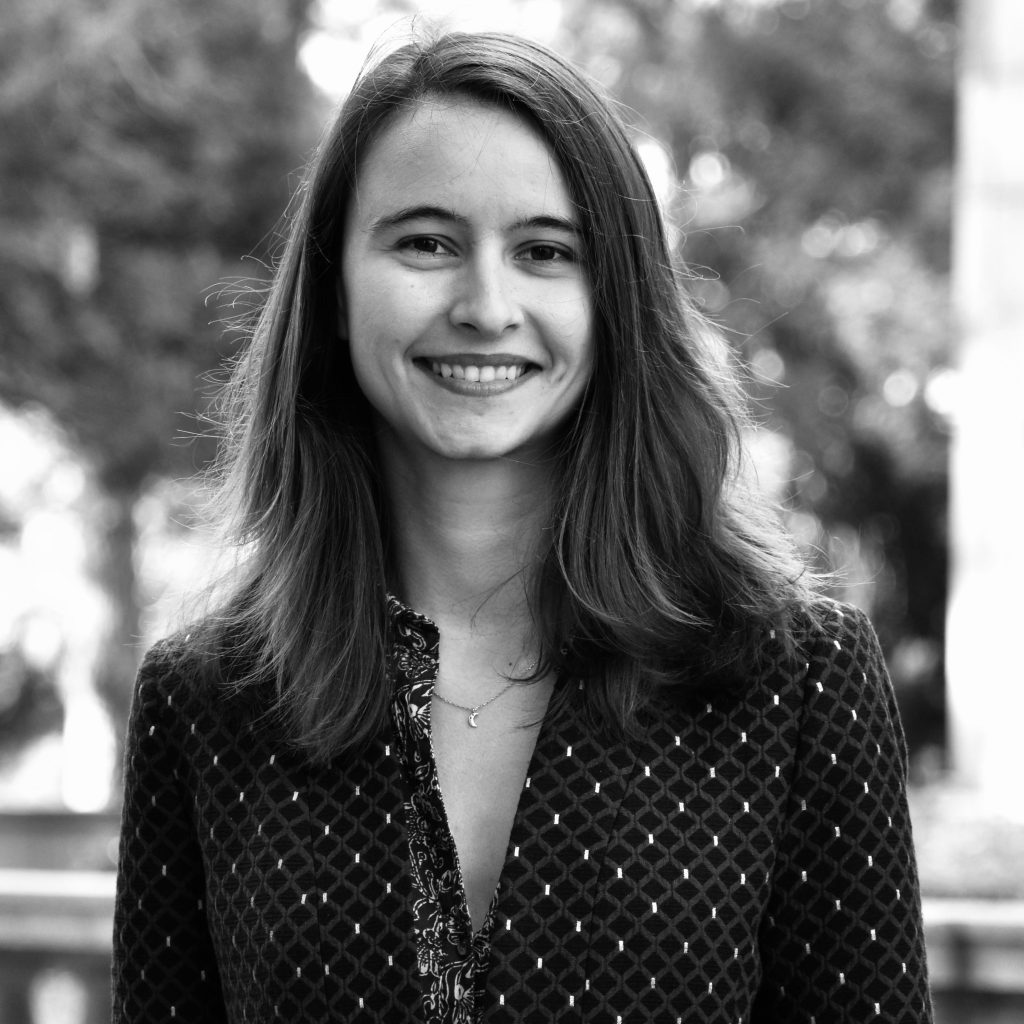
Dr. Andreea Bobu
Assistant Professor at MIT in AeroAstro and CSAIL.
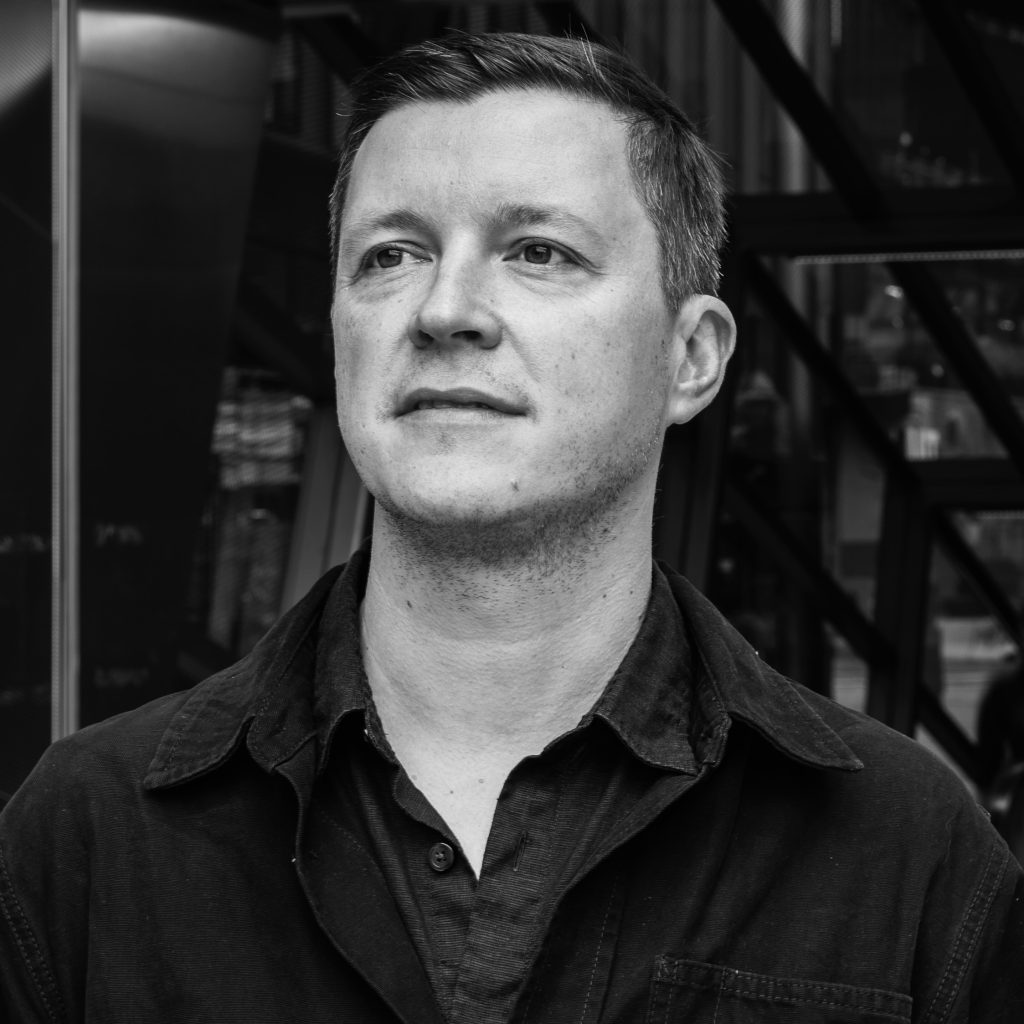
Dr. Andres Sevtsuk
Charles and Ann Spaulding Associate Professor of Urban Science and Planning Director of the City Form Lab, Head of the City Design and Development Group, Department of Urban Studies and Planning, MIT

Nomeda & Gediminas Urbonas
Nomeda & Gediminas Urbonas are artists, educators, and researchers working at MIT since 2009, where they founded MIT Climate Visions, an interdisciplinary research studio.
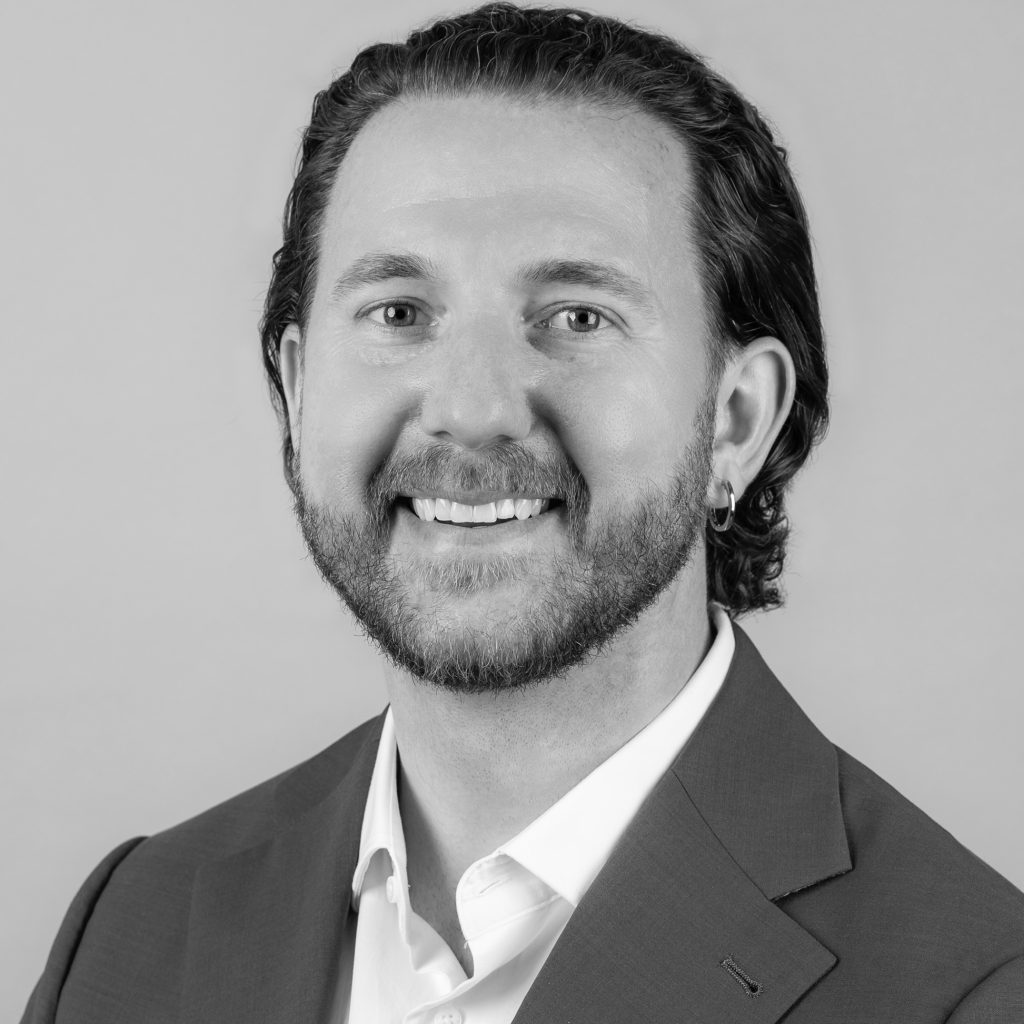
Dr. Drew Story
Managing Director of MIT's Policy Lab

Dr. Una-May O'Reilly
Senior Research Scientist at Massachusetts Institute of Technology's Computer Science and Artificial Intelligence Lab (CSAIL)
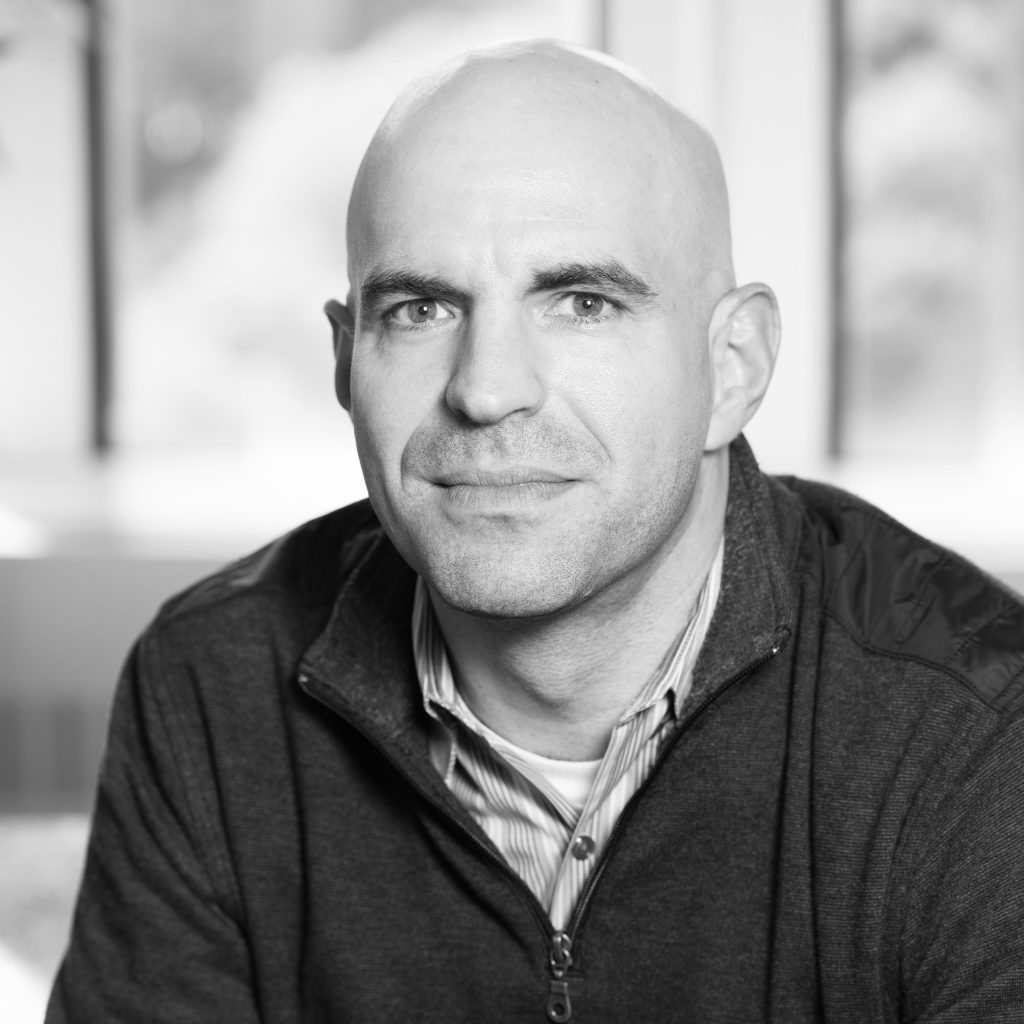
Dr. Brian Anthony
Brian W. Anthony, PhD Associate Director, MIT.nano Director, Advanced Manufacturing and Design Program
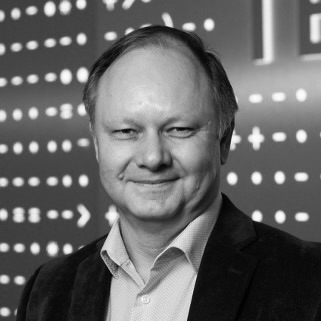
Dr. Sergey Paltsev
Deputy Director of the MIT Center for Sustainability Science and Strategy (CS3) and a Senior Research Scientist at MIT Energy Initiative (MITEI), Massachusetts Institute of Technology (MIT), Cambridge, USA.
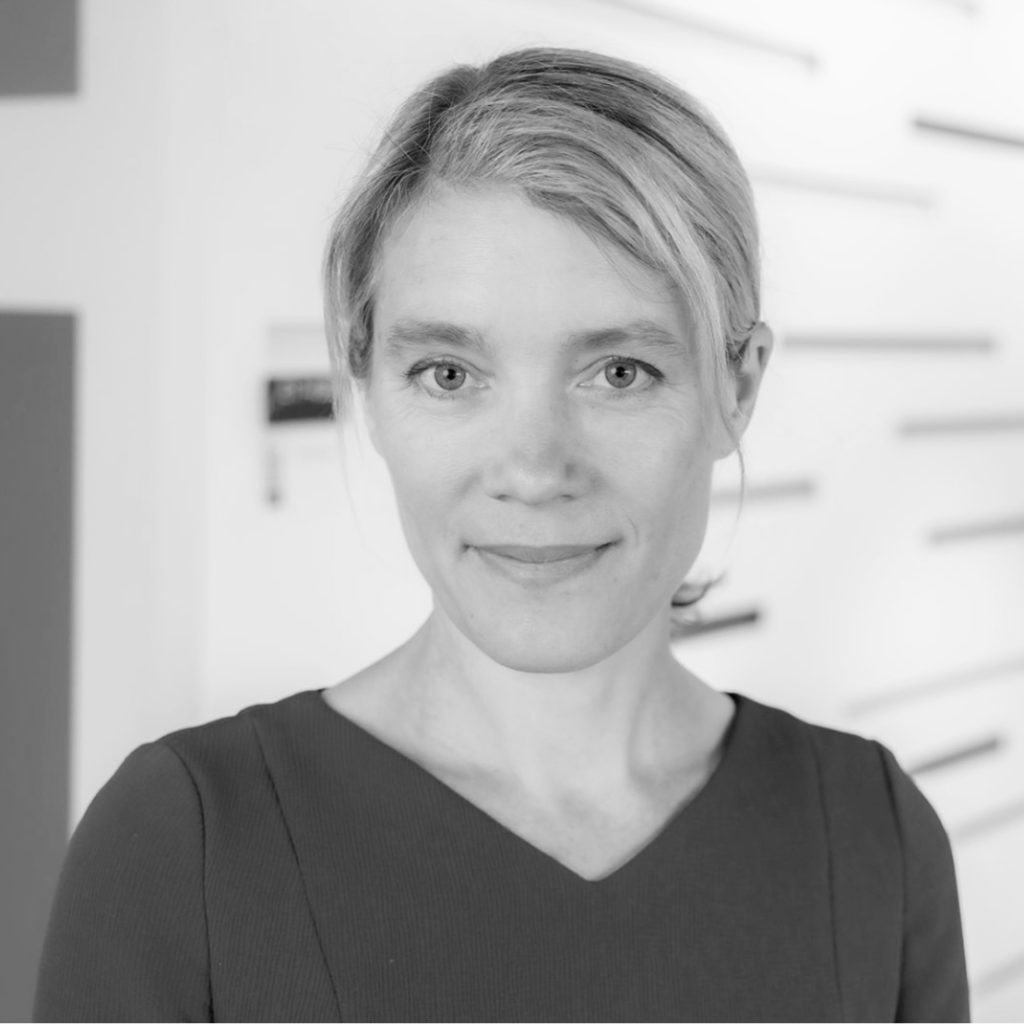
Dr. Jessika Trancik
Professor in the Institute for Data, Systems, and Society at the Massachusetts Institute of Technology.
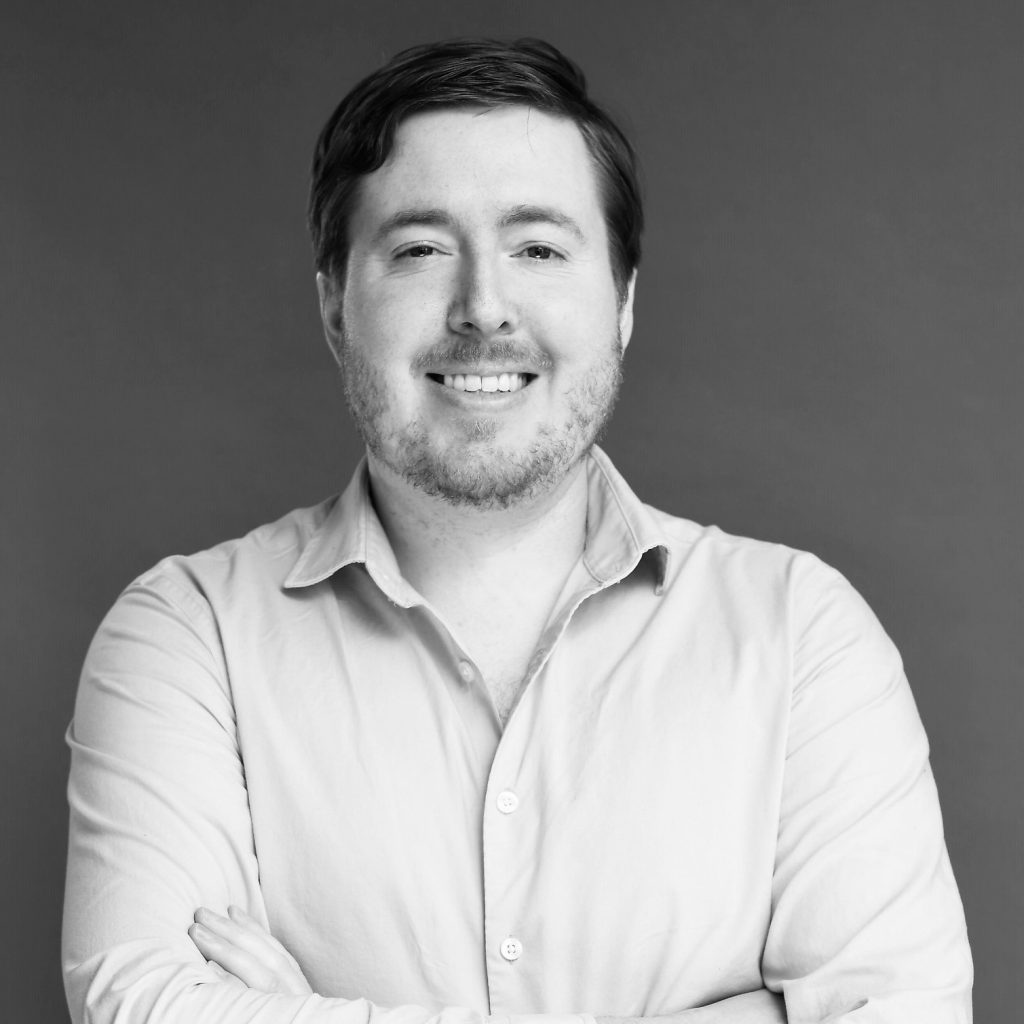
Dr. Kevin O'Brien
Kevin O'Brien is an Associate Professor in the Department of Electrical Engineering and Computer Science at the Massachusetts Institute of Technology.
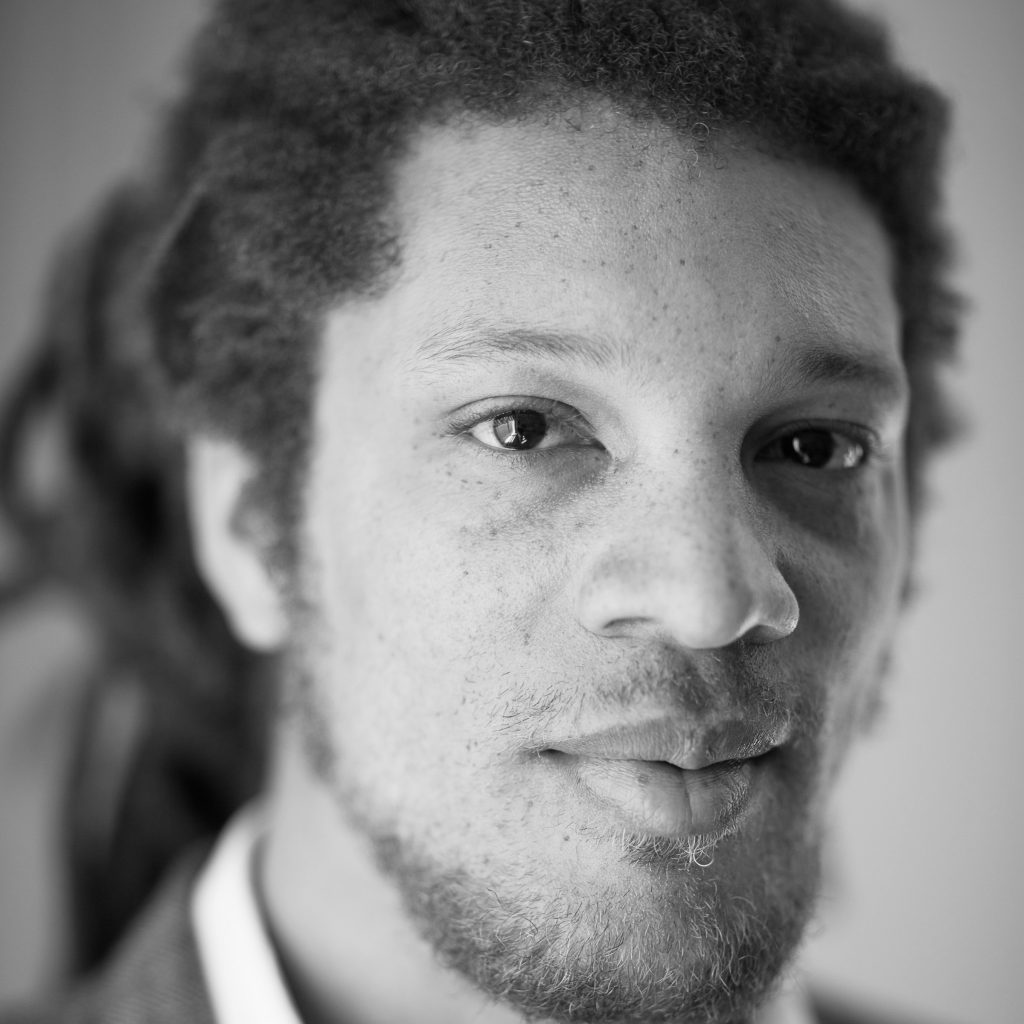
Dr. Fox Harrell
D. Fox Harrell, Ph.D., is Professor of Digital Media, Computing, and Artificial Intelligence at MIT in the Comparative Media Studies Program, Computer Science and Artificial Intelligence Laboratory (CSAIL), and Institute for Data, Systems, and Society. He is the founder and director of the MIT Center for Advanced Virtuality. He is a Nebula Award finalist and an Emmy Award winner.
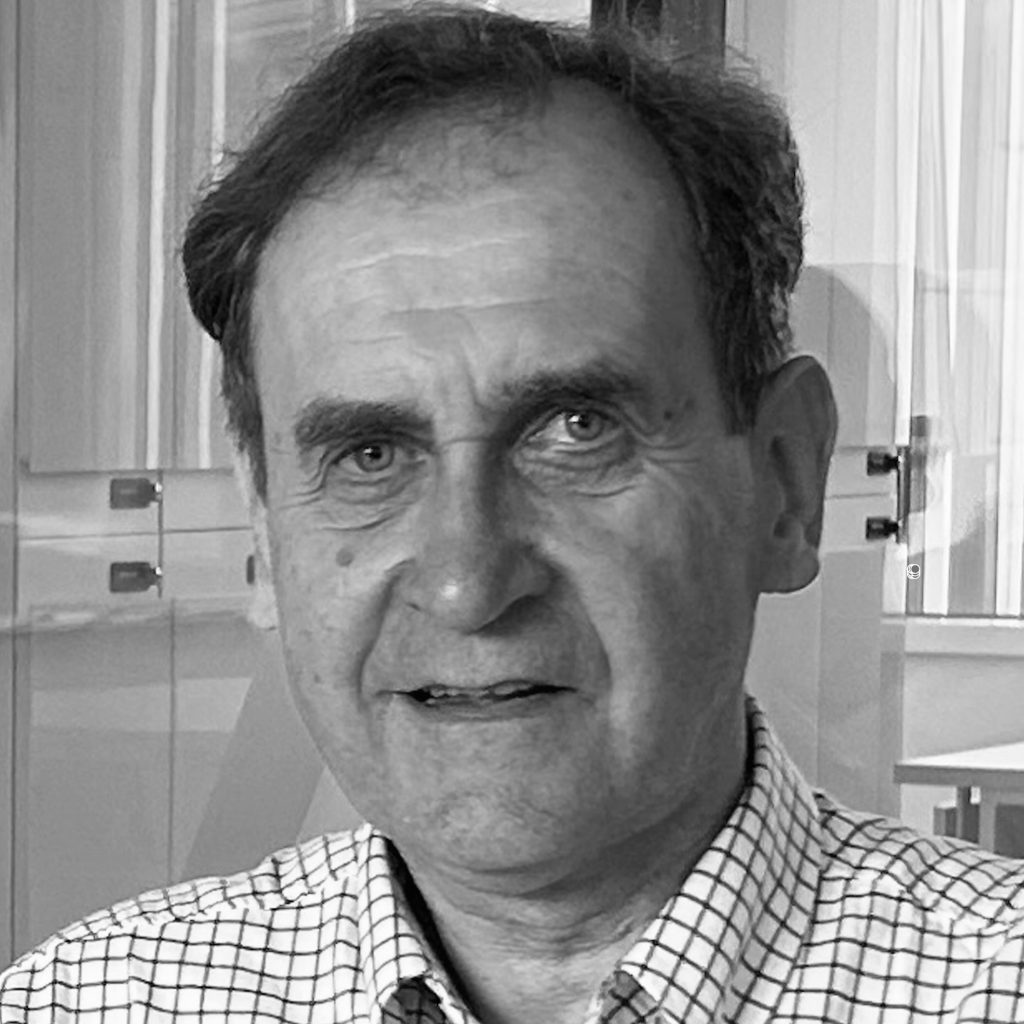
Dr. Gediminas Juzeliūnas
Professor of Vilnius University, a full member of the Lithuanian Academy of Sciences
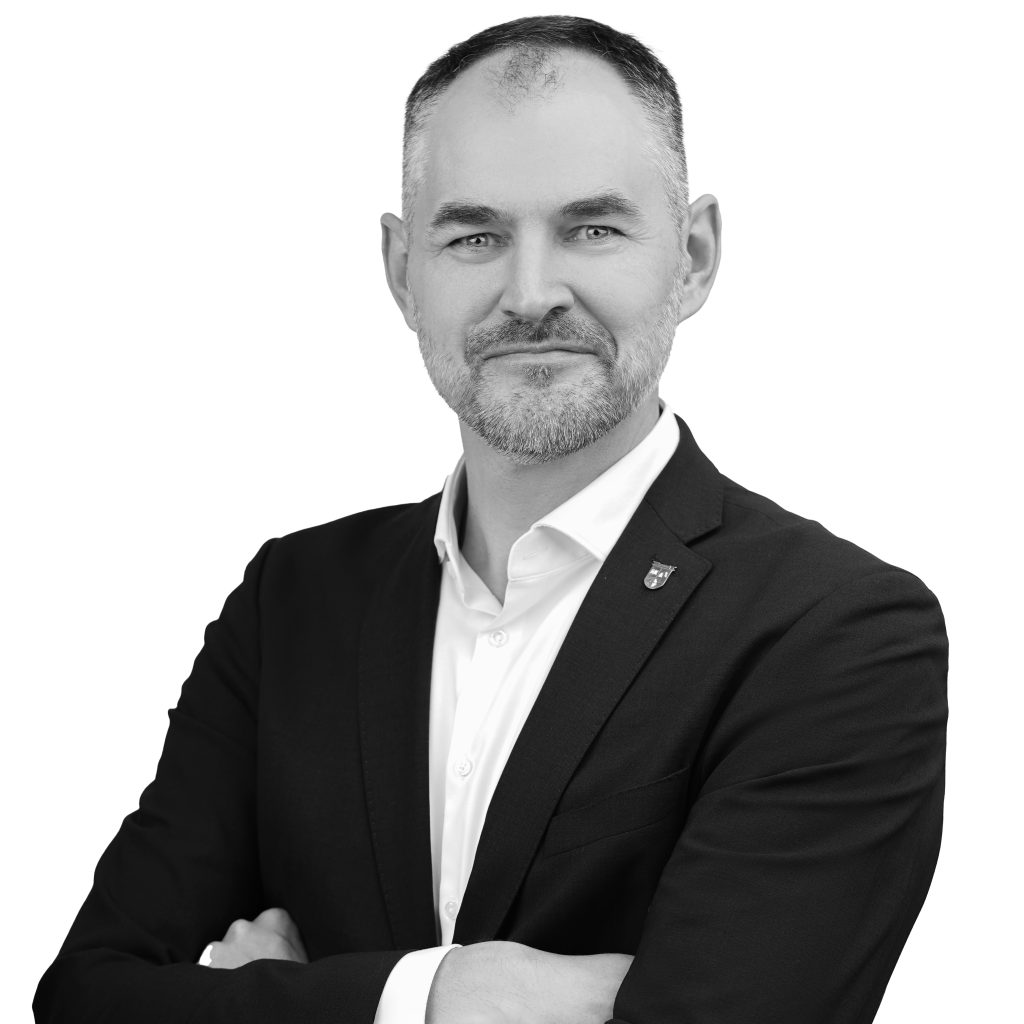
Dr. Gintaras Brazauskas
Director of the Lithuanian Research Centre for Agriculture and Forestry (LAMMC)

Dr. Gintaras Stauskis
Doctor of Humanities in Architecture, Professor at the Department of Urban Design, VILNIUS TECH.
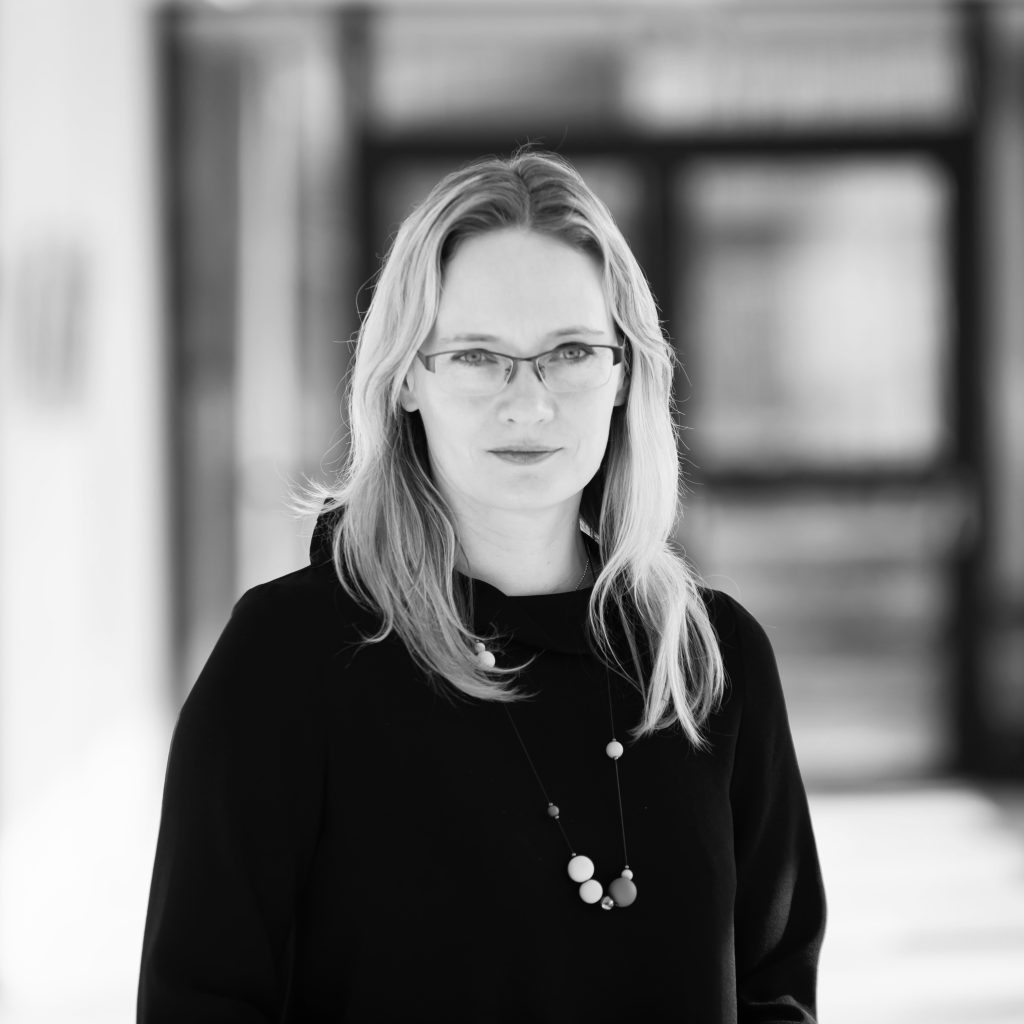
Dr. Jurga Bučaitė-Vilkė
Associate professor in the Department of Sociology, senior researcher, and the director of the Vytautas Kavolis Transdisciplinary Research Institute at Vytautas Magnus University, Lithuania.
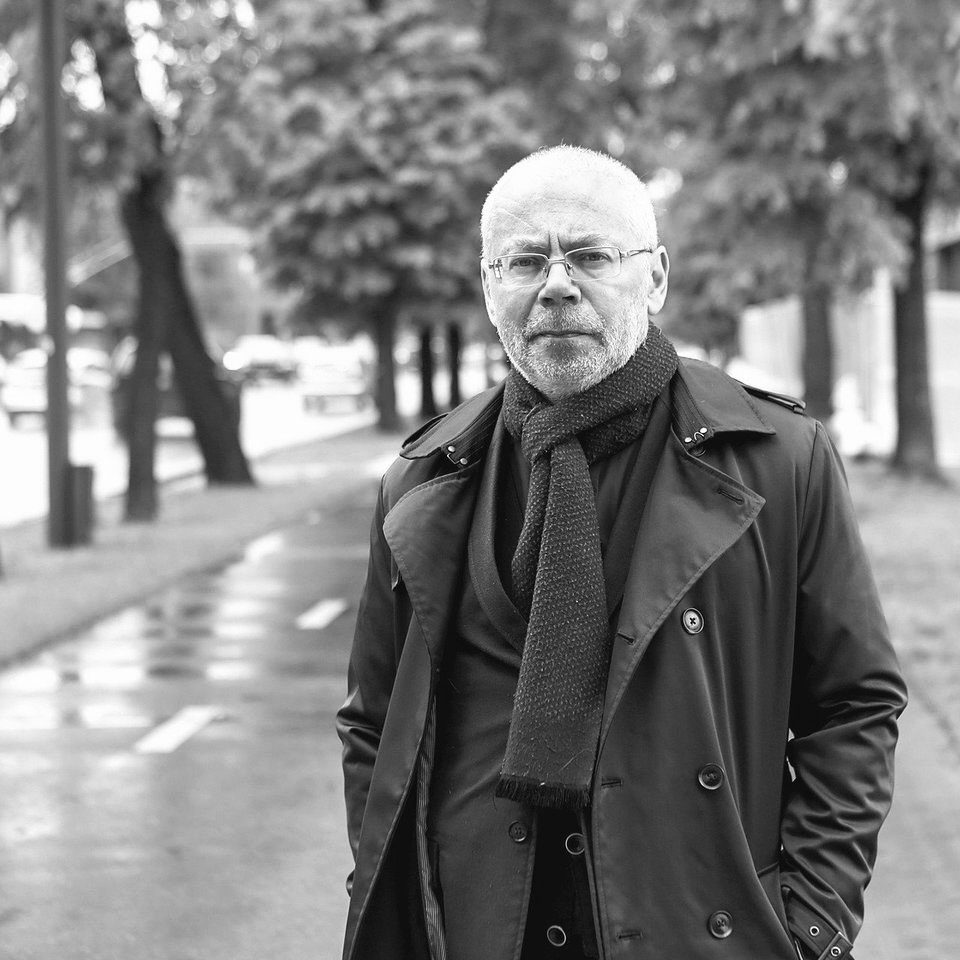
Dr. Kęstutis Zaleckis
Professor at Vilnius Academy of Arts (VDA) and Kaunas University of Technology, as well as a Senior Researcher at the VDA New European Bauhaus Centre.
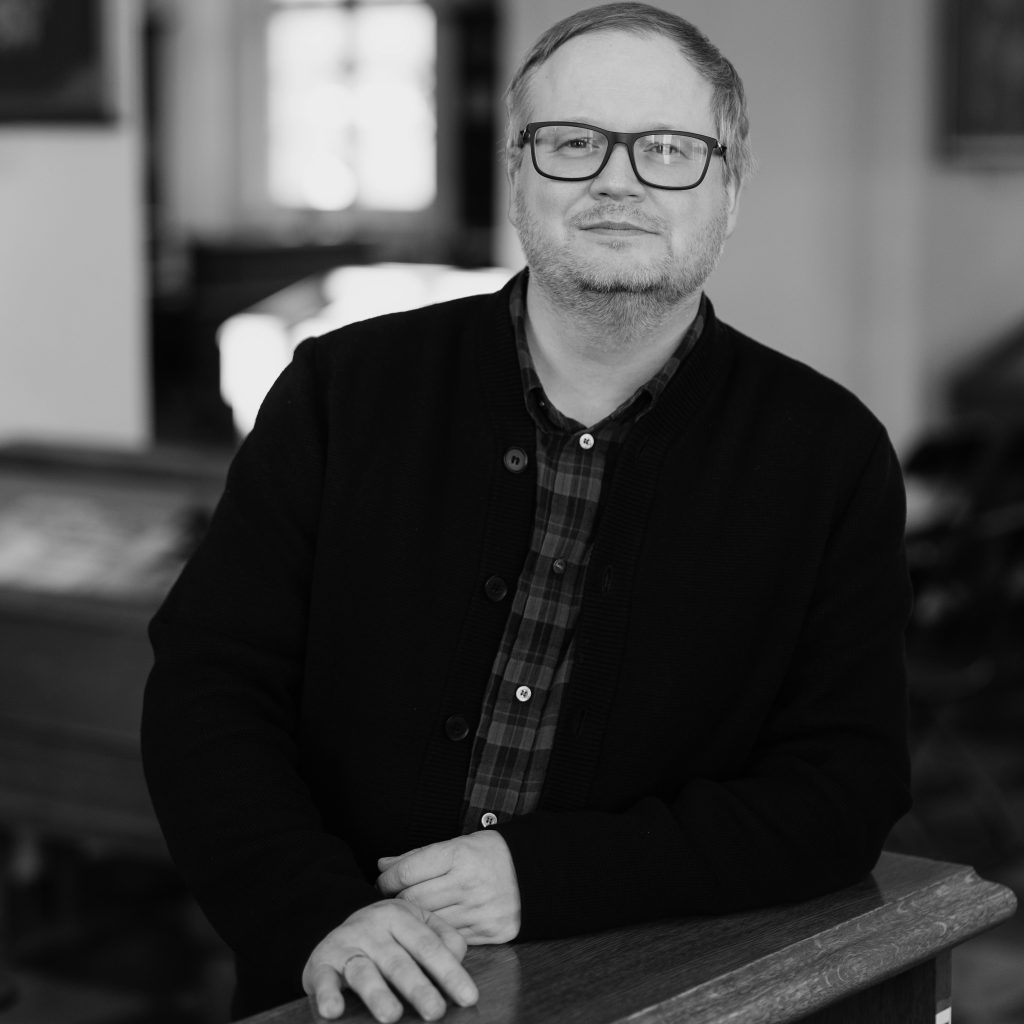
Dr. Mindaugas Zaremba
Research Professor, Vilnius University, Life Sciences Center, Institute of Biotechnology, Department of Protein - DNA Interactions

Dr. Aušrinė Pasvenskienė
Associate professor, vice dean at the Faculty of Law, Vytautas Magnus University
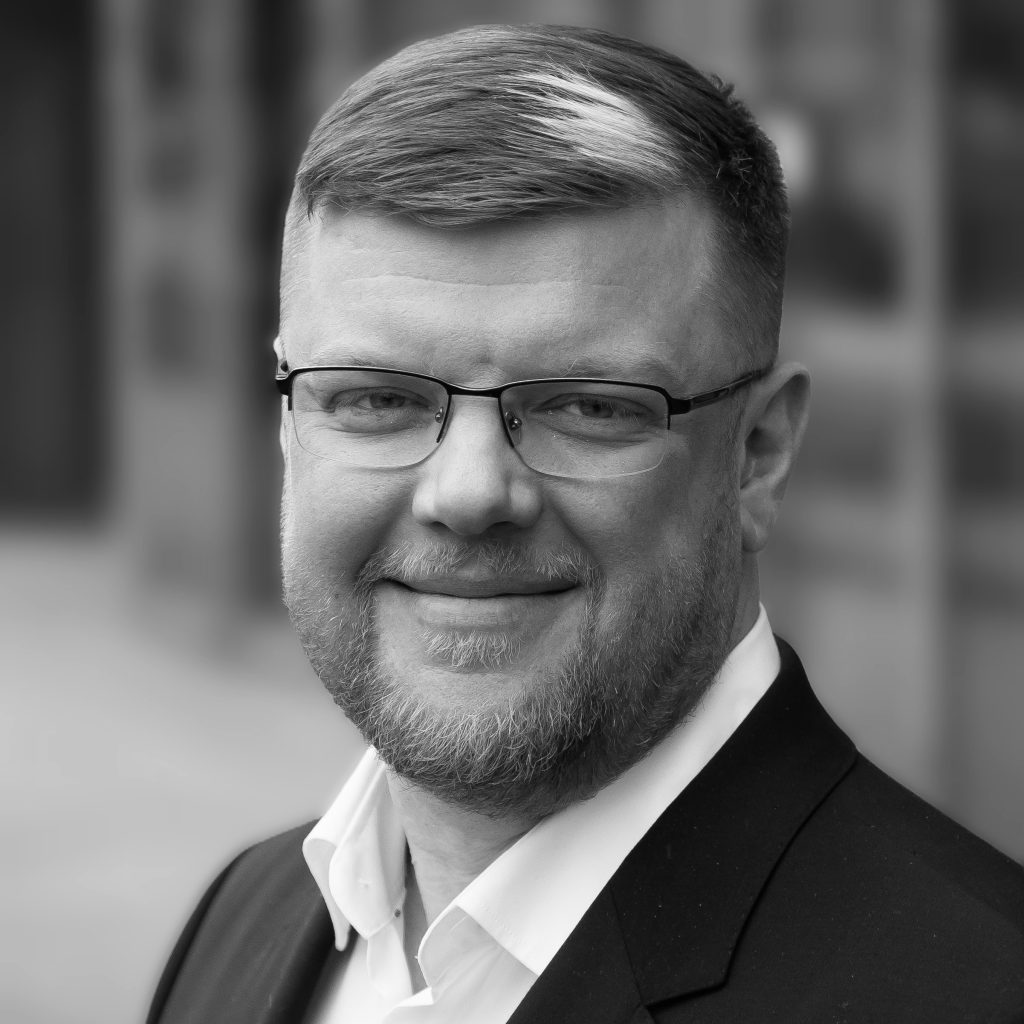
Paulius Vaitkevičius
Head of Innovations at Novian Pro
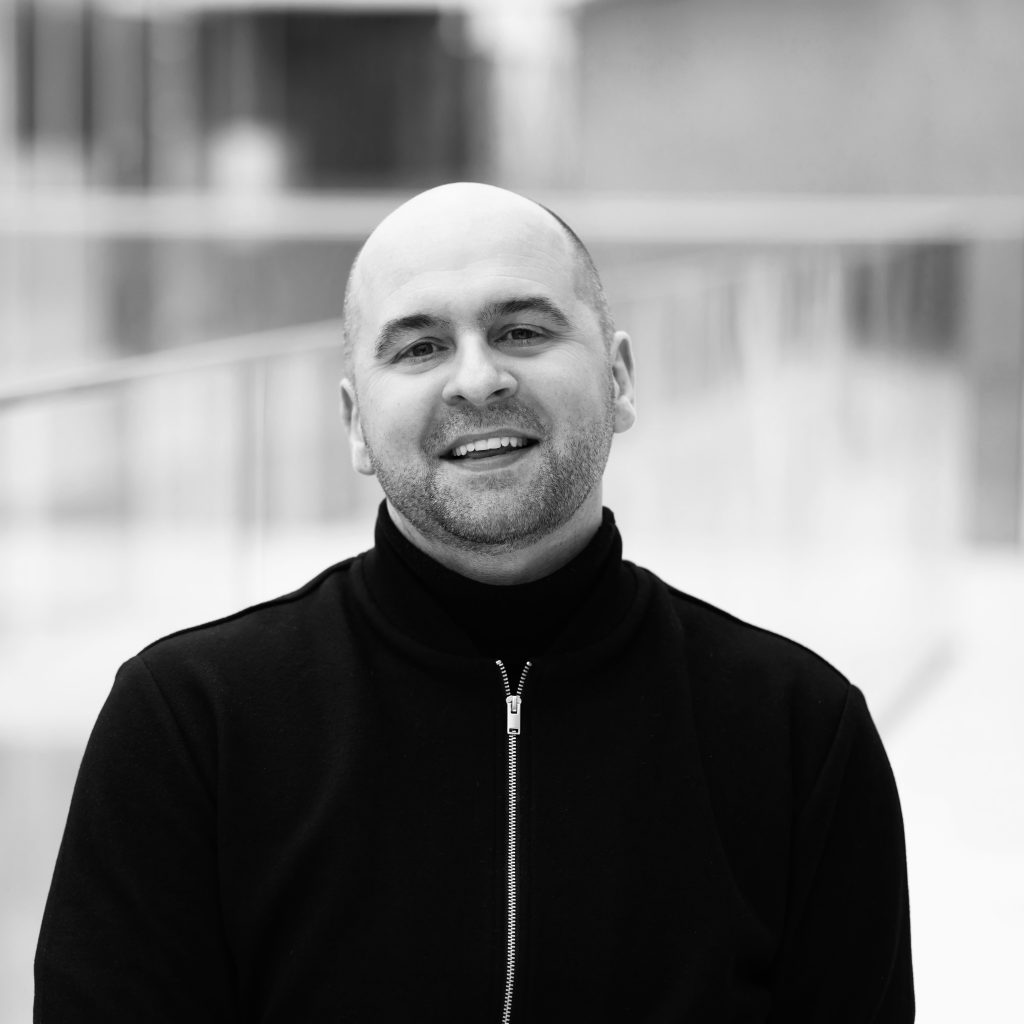
Dr. Šarūnas Grigaliūnas
Cybersecurity analyst, digital forensics expert, and Professor at Kaunas University of Technology (KTU)
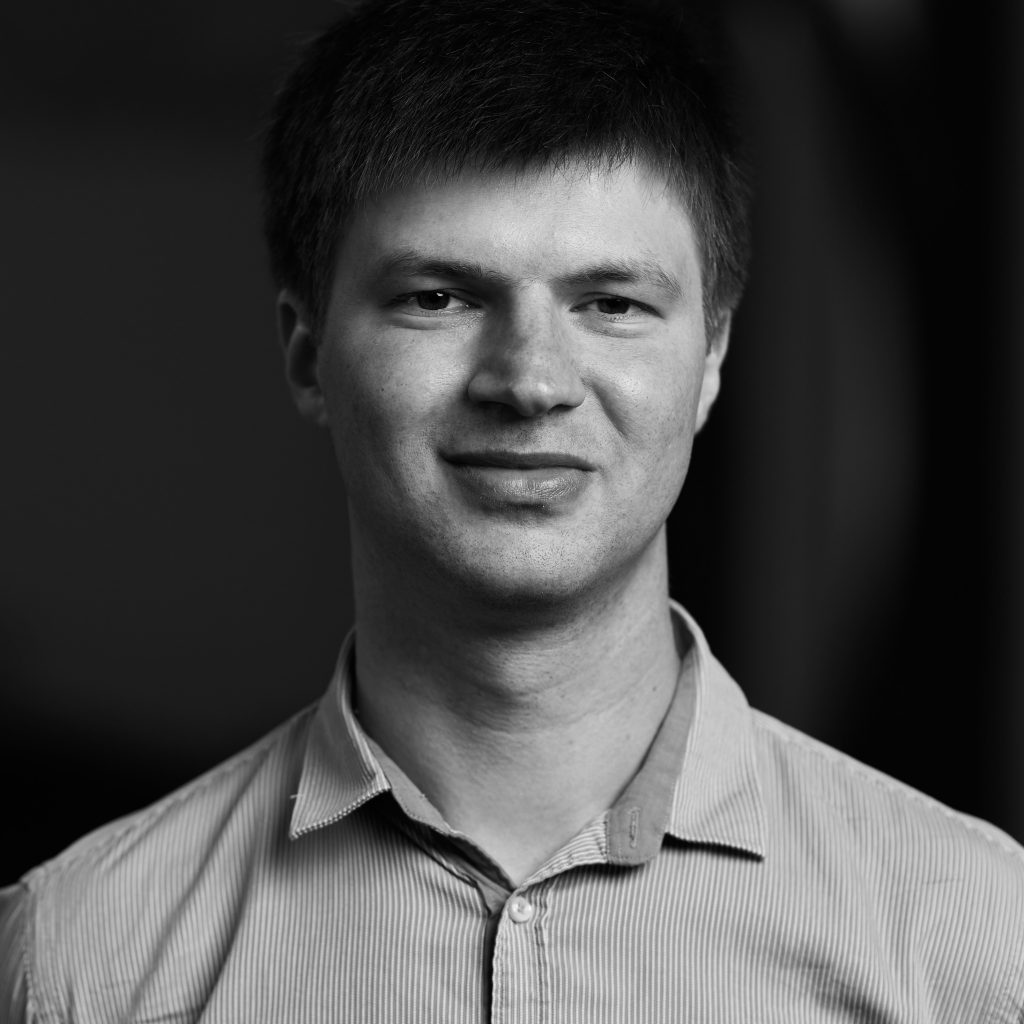
Dr. Artiom Magomedov
Senior Researcher at Kaunas University of Technology
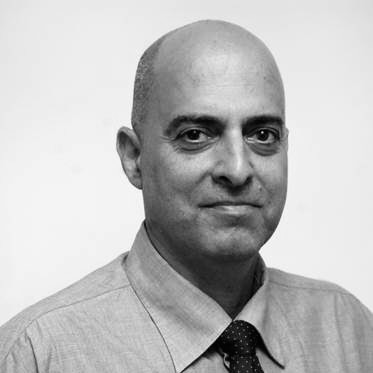
Dr. Eran Vigoda-Gadot
Professor of Public Administration and Management at the Division of Public Administration and Policy, School of Political Science, The University of Haifa

Dr. Tomas Berkmanas
Associate Professor of the Faculty of Law of Vytautas Magnus University (VMU)
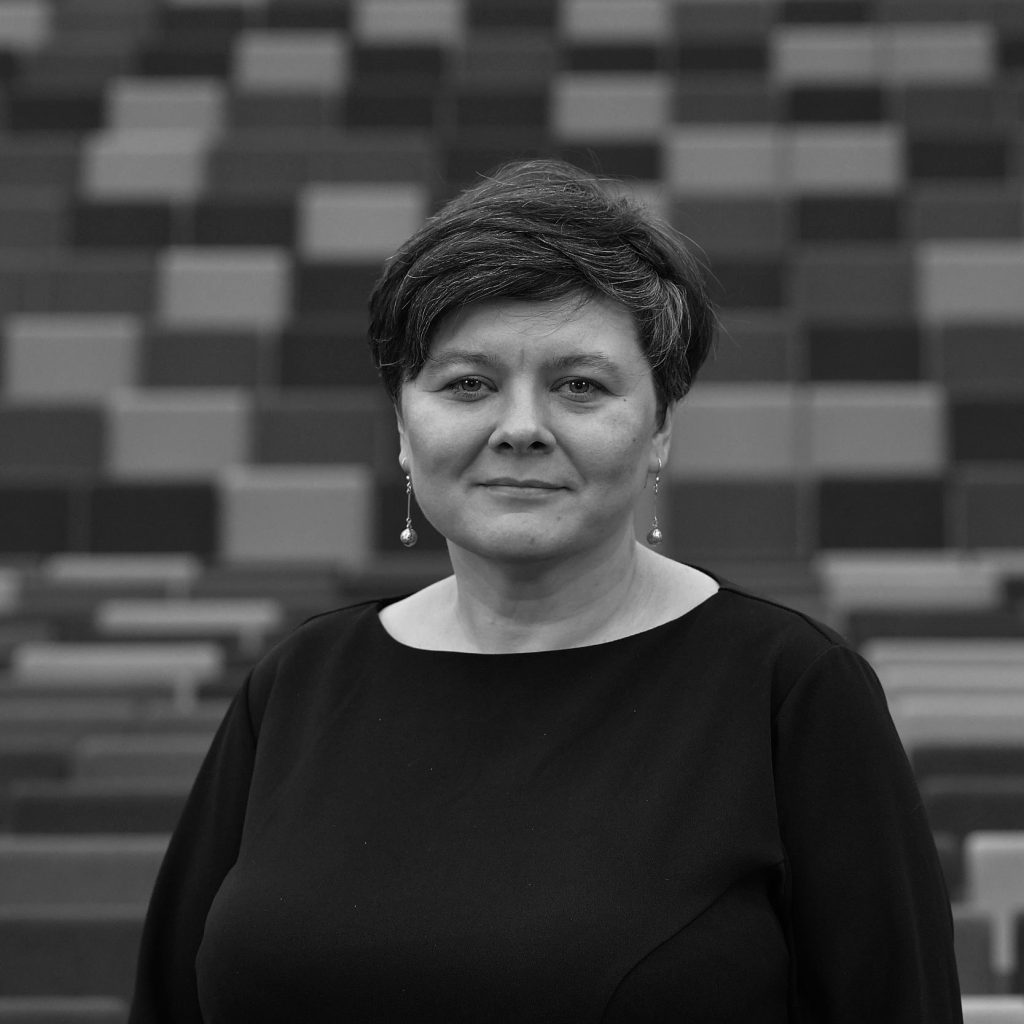
Dr. Simona Ramanauskaitė
Professor in the Department of Information Technologies at VILNIUS TECH; Chief Research Fellow
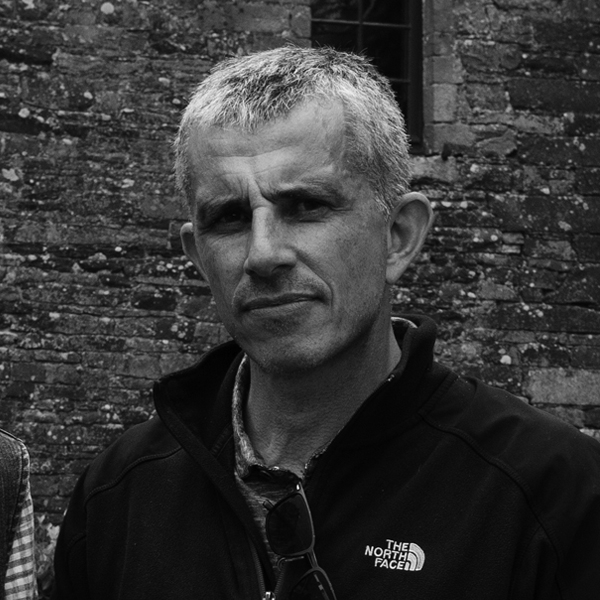
Dr. Raphaël Mathevet
Dr. Raphaël Mathevet is an ecologist and geographer at the CNRS in the Centre d’Ecologie Fonctionnelle et Evolutive in Montpellier (France).

Dr. Eran Vigoda-Gadot
Professor of Public Administration and Management at the Division of Public Administration and Policy, School of Political Science, The University of Haifa

Dr. Tomas Berkmanas
Associate Professor of the Faculty of Law of Vytautas Magnus University (VMU)

Dr. Simona Ramanauskaitė
Professor in the Department of Information Technologies at VILNIUS TECH; Chief Research Fellow
PANELISTS AND DISCUSSION MODERATORS

Dr. Mažena Mackoit-Sinkevičienė
Researcher at the Institute of Theoretical Physics and Astronomy, Faculty of Physics, Vilnius University, working in the fields of quantum optics.
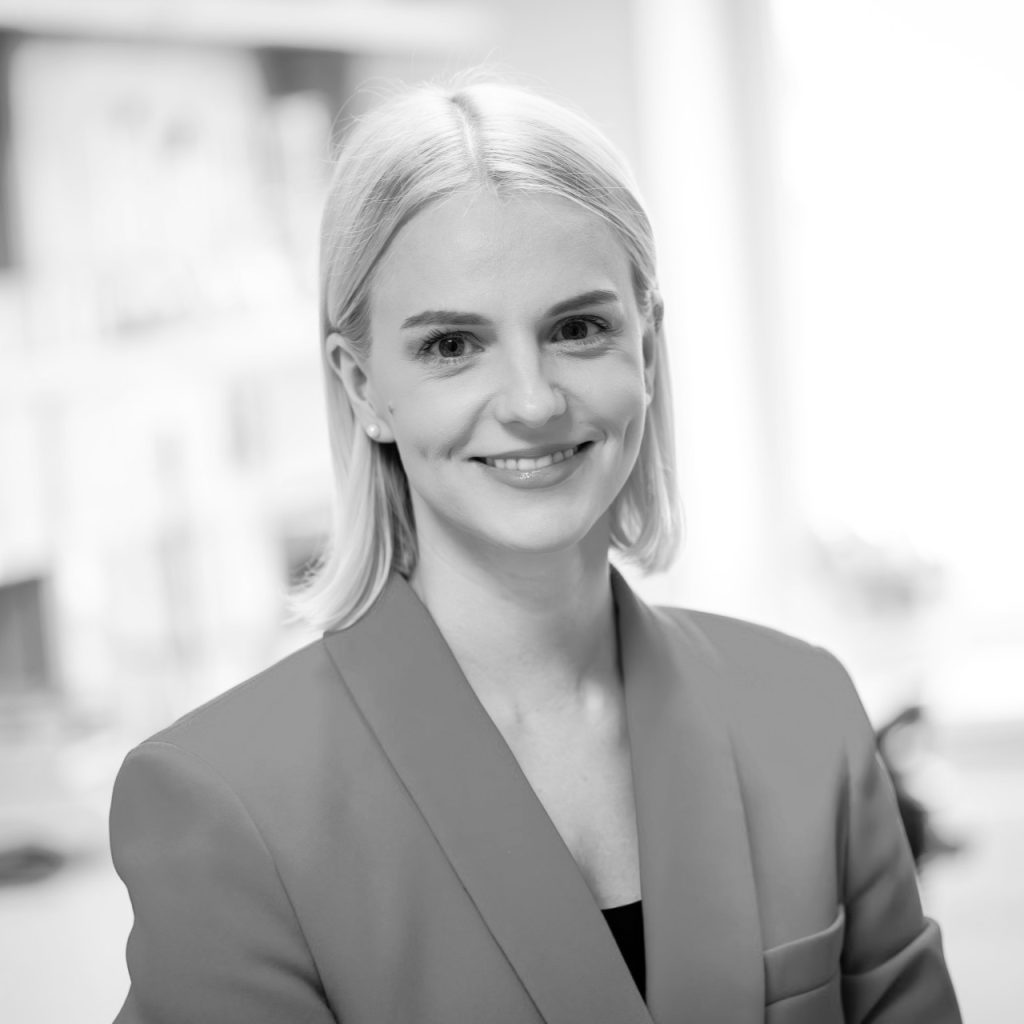
Dr. Viktorija Vaštakaitė-Kairienė
Deputy Director and Senior Researcher, Bioeconomy Research Institute; Associate Professor, Faculty of Agriculture, Vytautas Magnus University Agriculture Academy
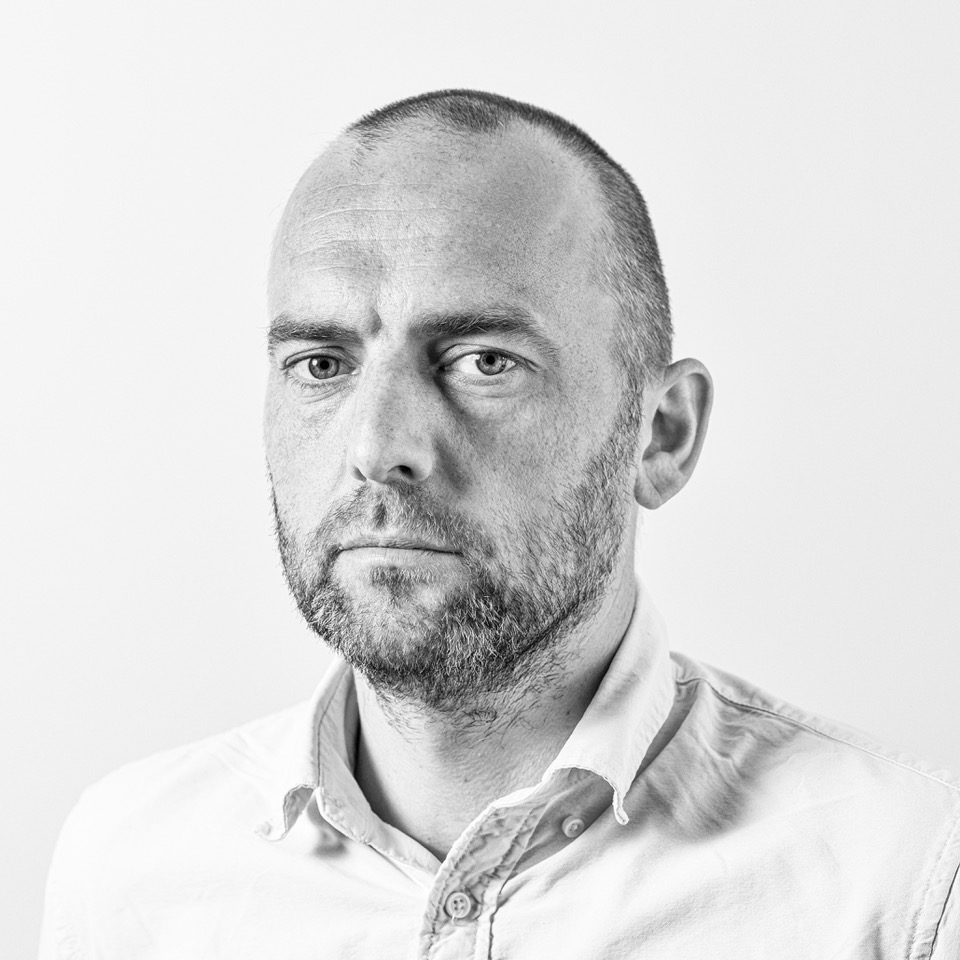
Dr. Viktoras Bachmetjevas
Associate Professor at Vytautas Magnus University
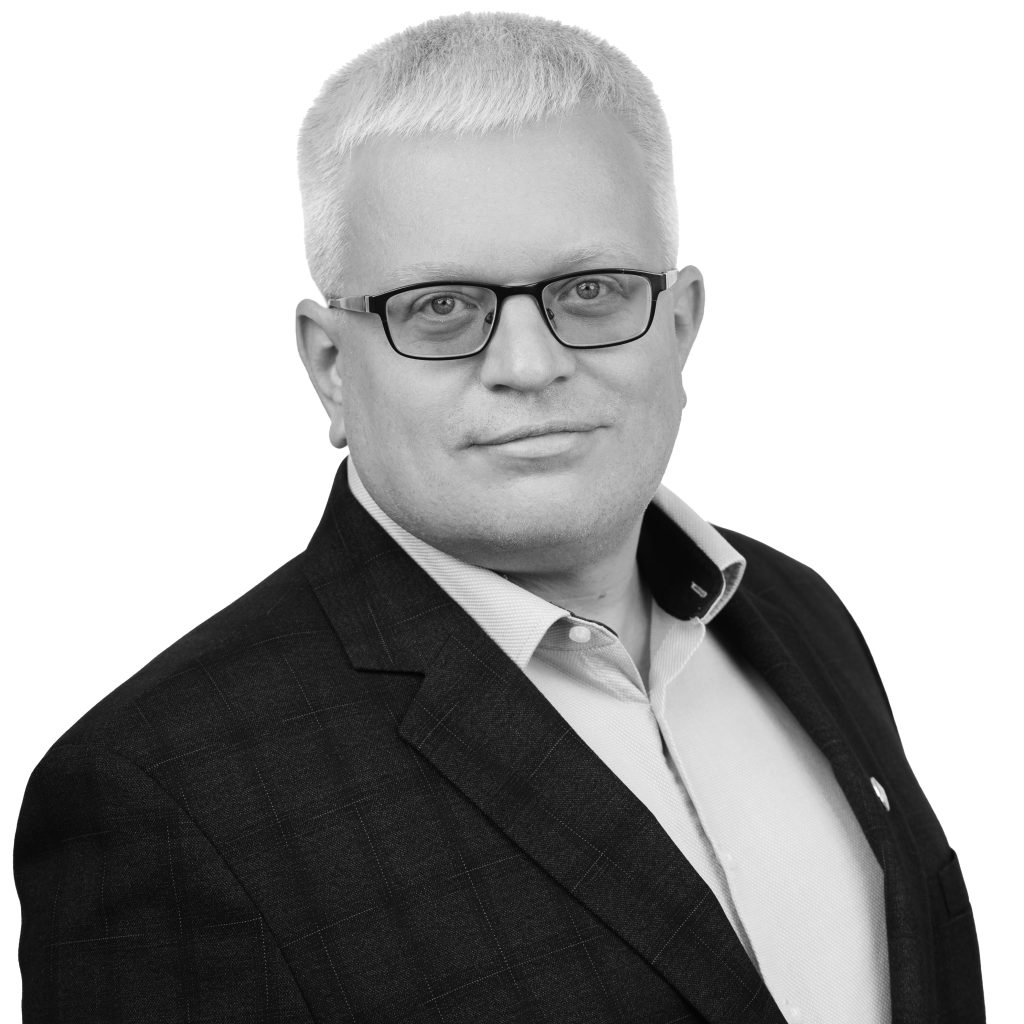
Dr. Vidmantas Bendokas
Plant geneticist and horticultural scientist of the Lithuanian Research Centre for Agriculture and Forestry (LAMMC)
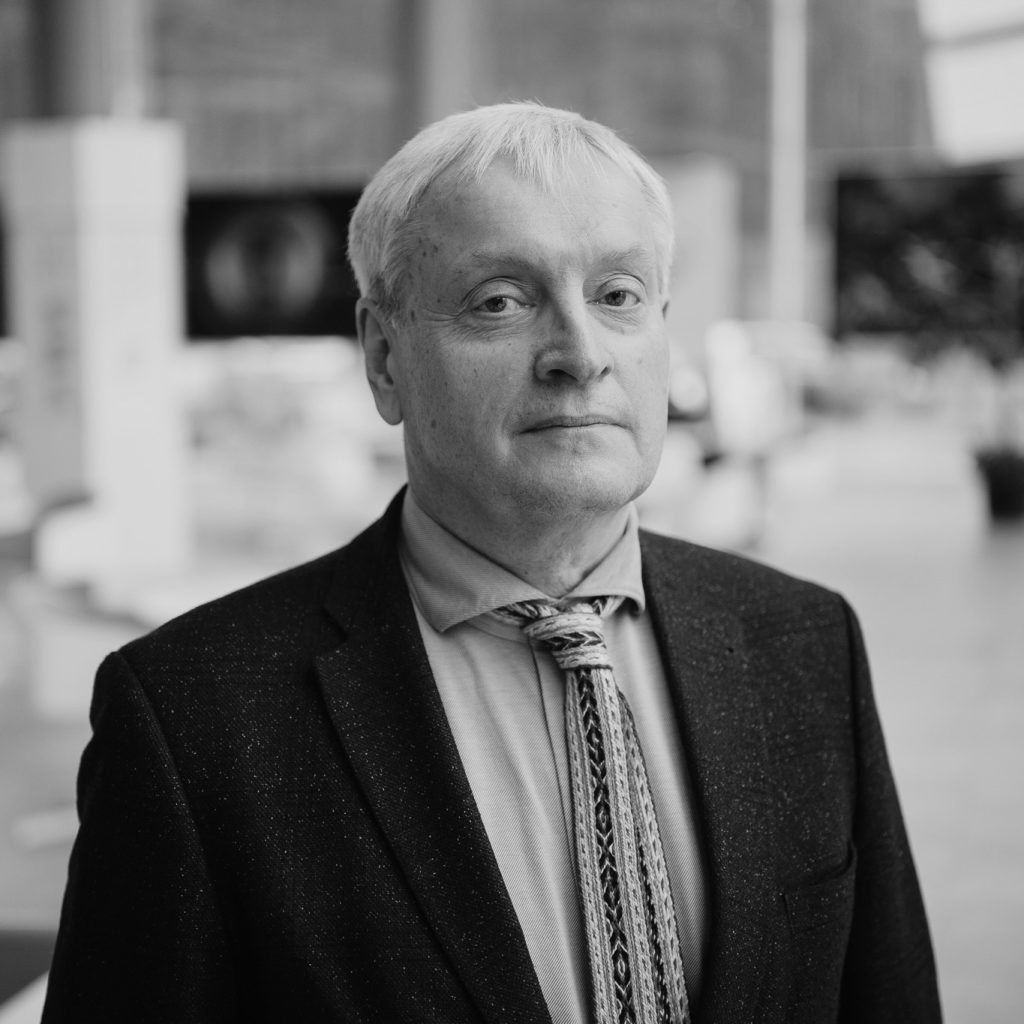
Dr. (HP) Gintaras Valušis
Professor, Pro-Rector for Research at Vilnius University
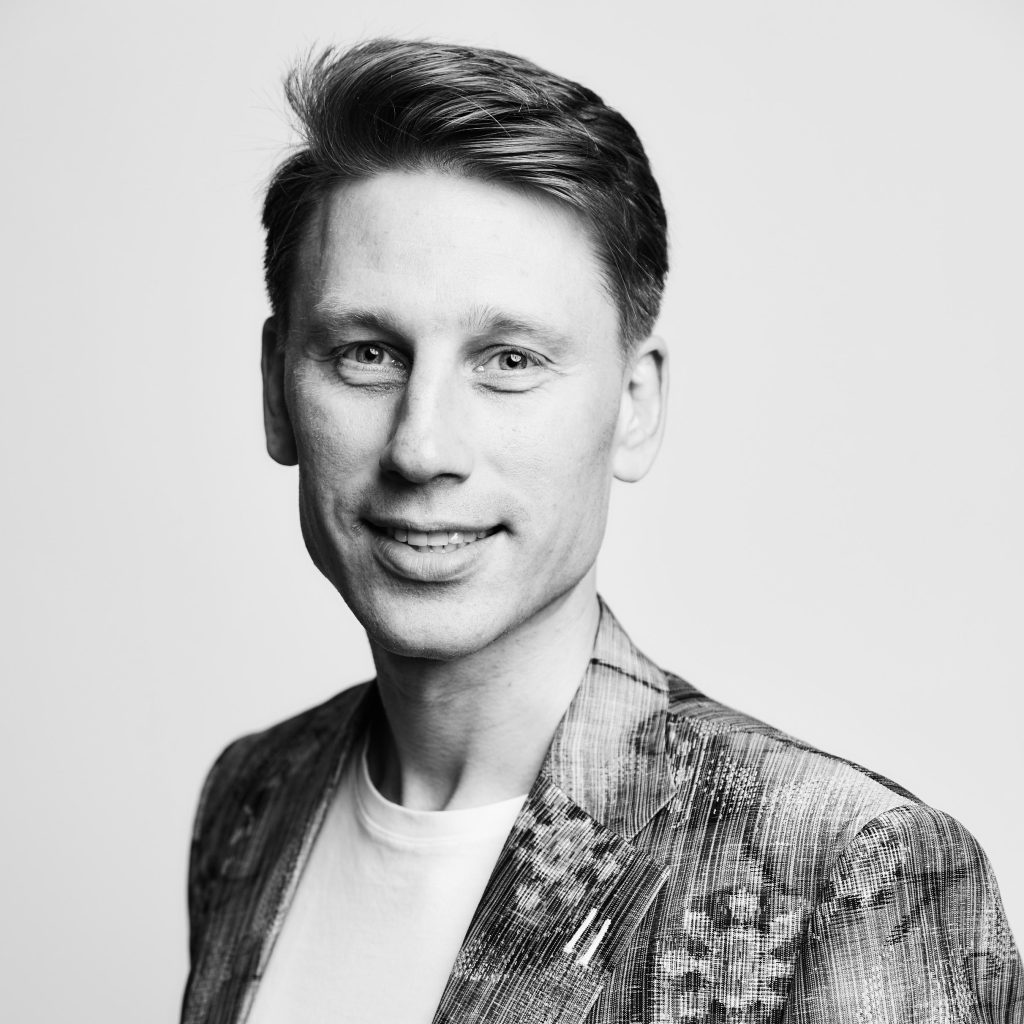
Dr. Paulius Jurčys
Senior lecturer Dr., LL.M. at Vilnius University
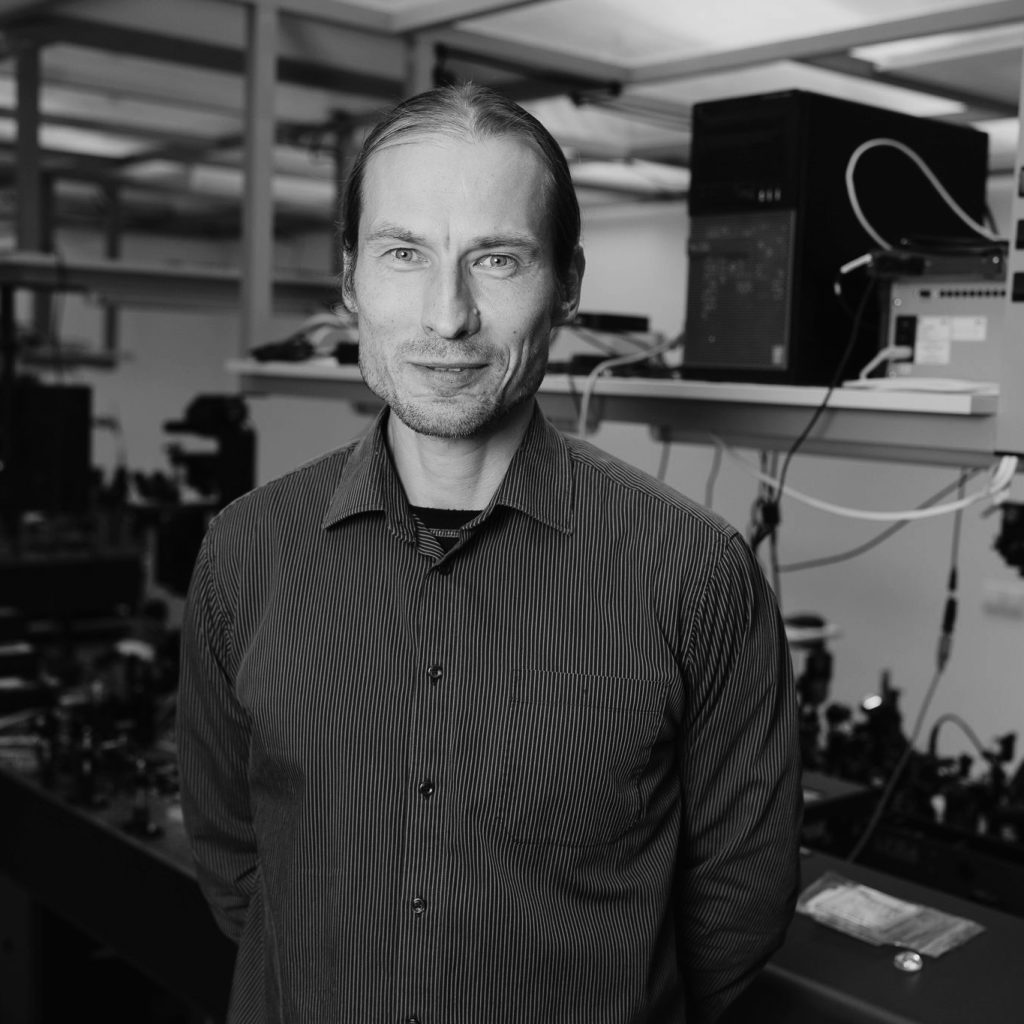
Dr. Mangirdas Malinauskas
Professor and chief researcher, head of the Laser Nanophotonics laboratory at Laser Research Center, Physics Faculty, Vilnius University.
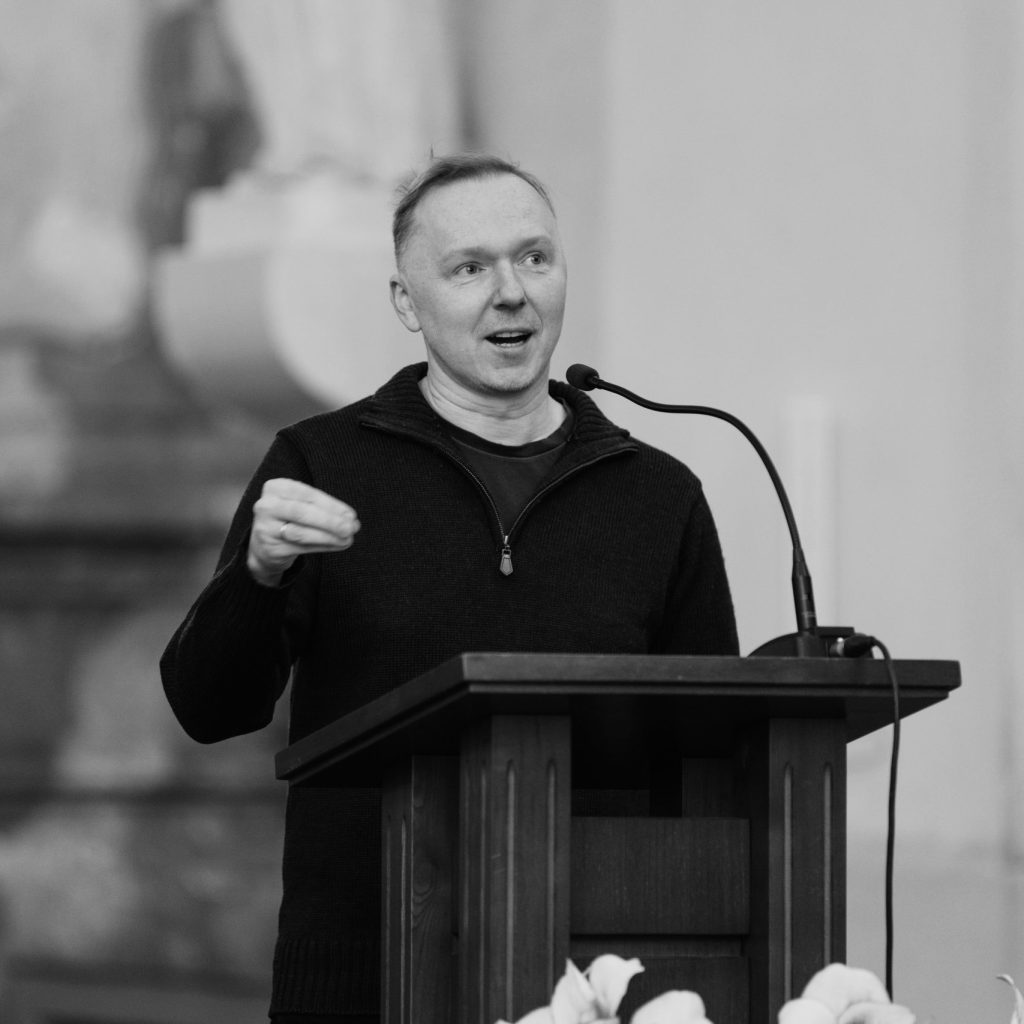
Dr. Linas Bukauskas
Vilnius University Faculty of Mathematics and Informatics, Professor and head of the Cyber Security Laboratory at the Institute of Computer Science
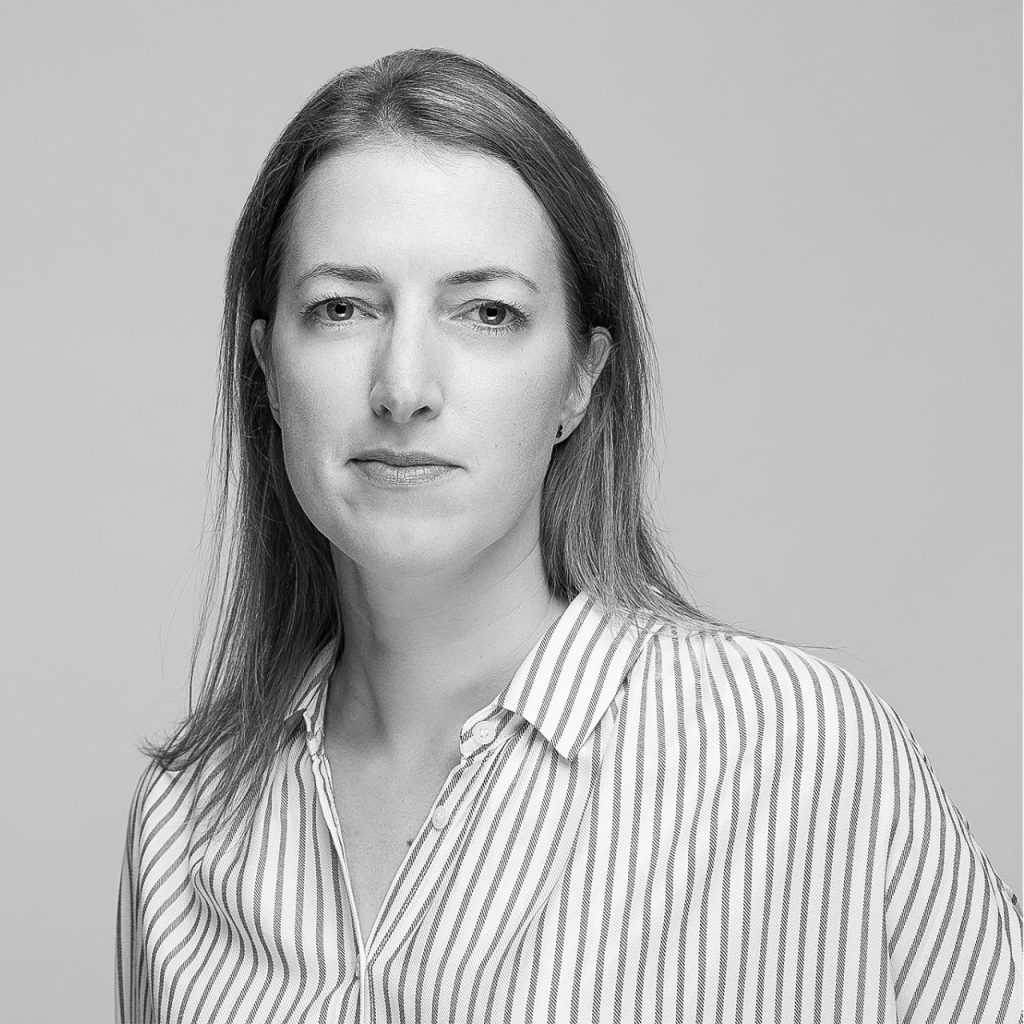
Dr. Ieva Misiūnė
Assoc. Prof. Dr Ieva Misiūnė is a Doctor of Social Sciences and an Associate Professor at the Institute of Geosciences, Vilnius University.
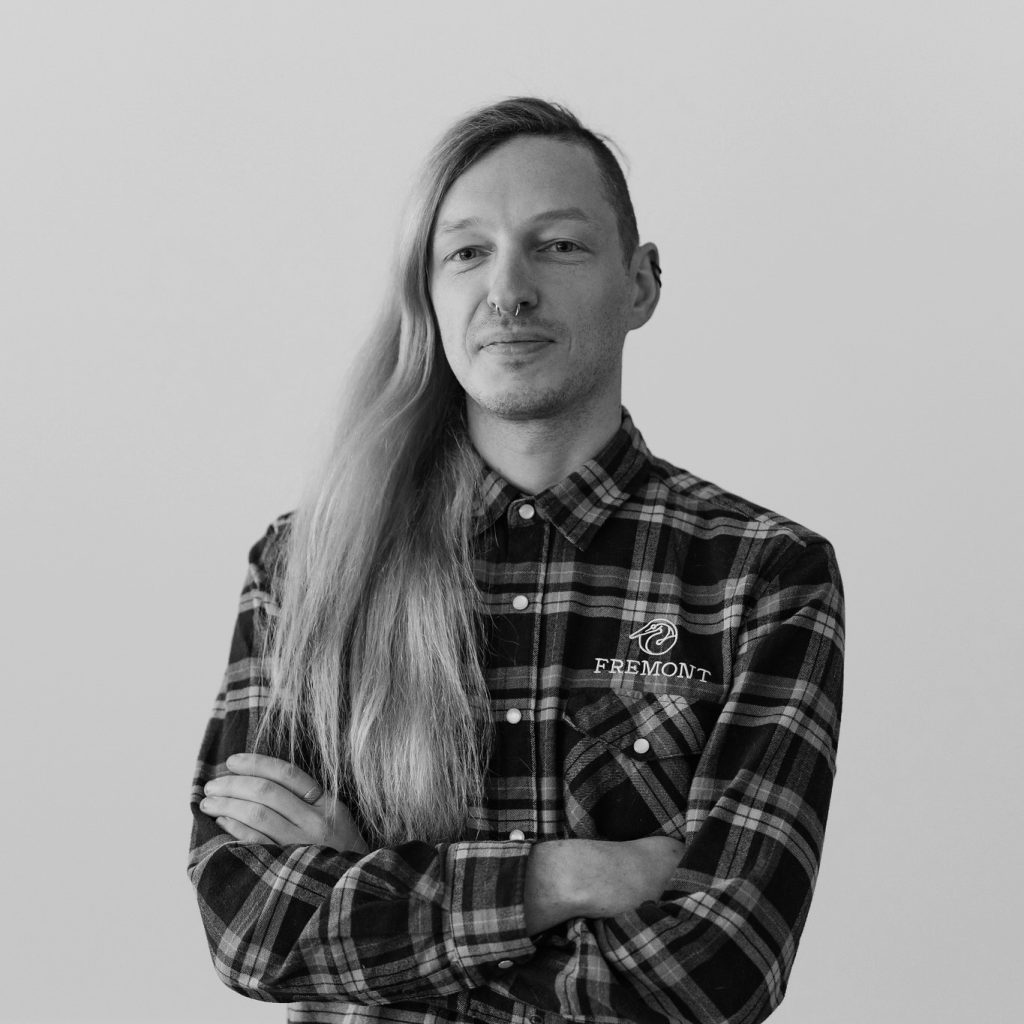
Dr. Gytis Dudas
Professor at Vilnius University Life Sciences Center, Senior Research Fellow at the Institute of Biotechnology
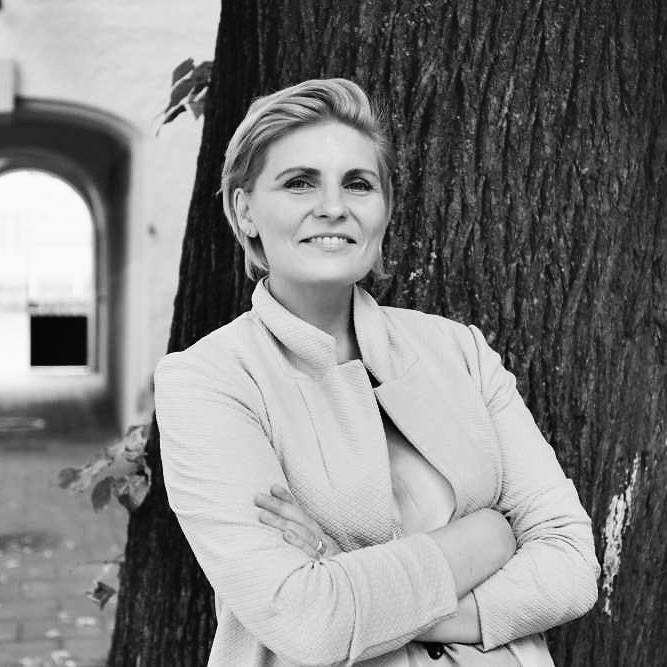
Dr. Jurgita Verbickienė
Professor of Vilnius University Faculty of History, Department of History Theory and Cultural History
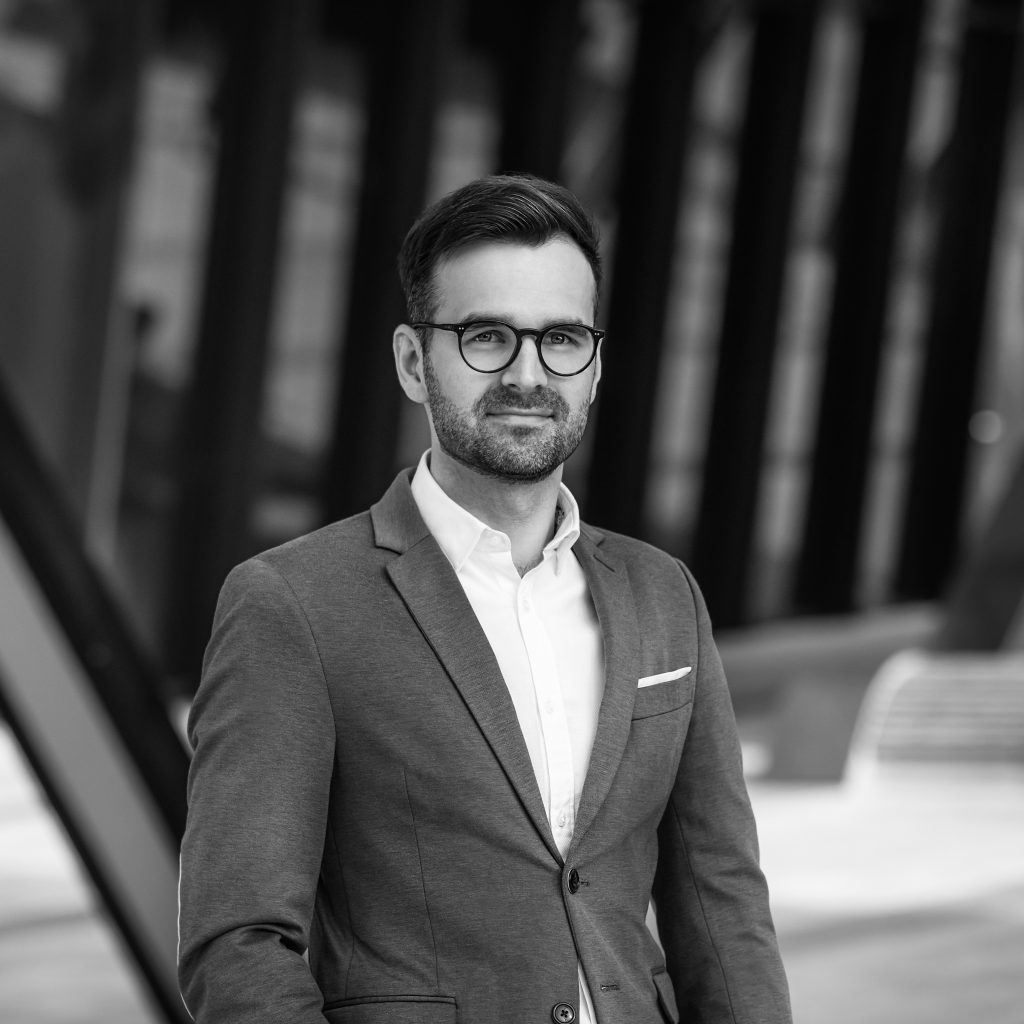
Dr. Karolis Mirinavičius
Ignitis Group, Head of Innovation.
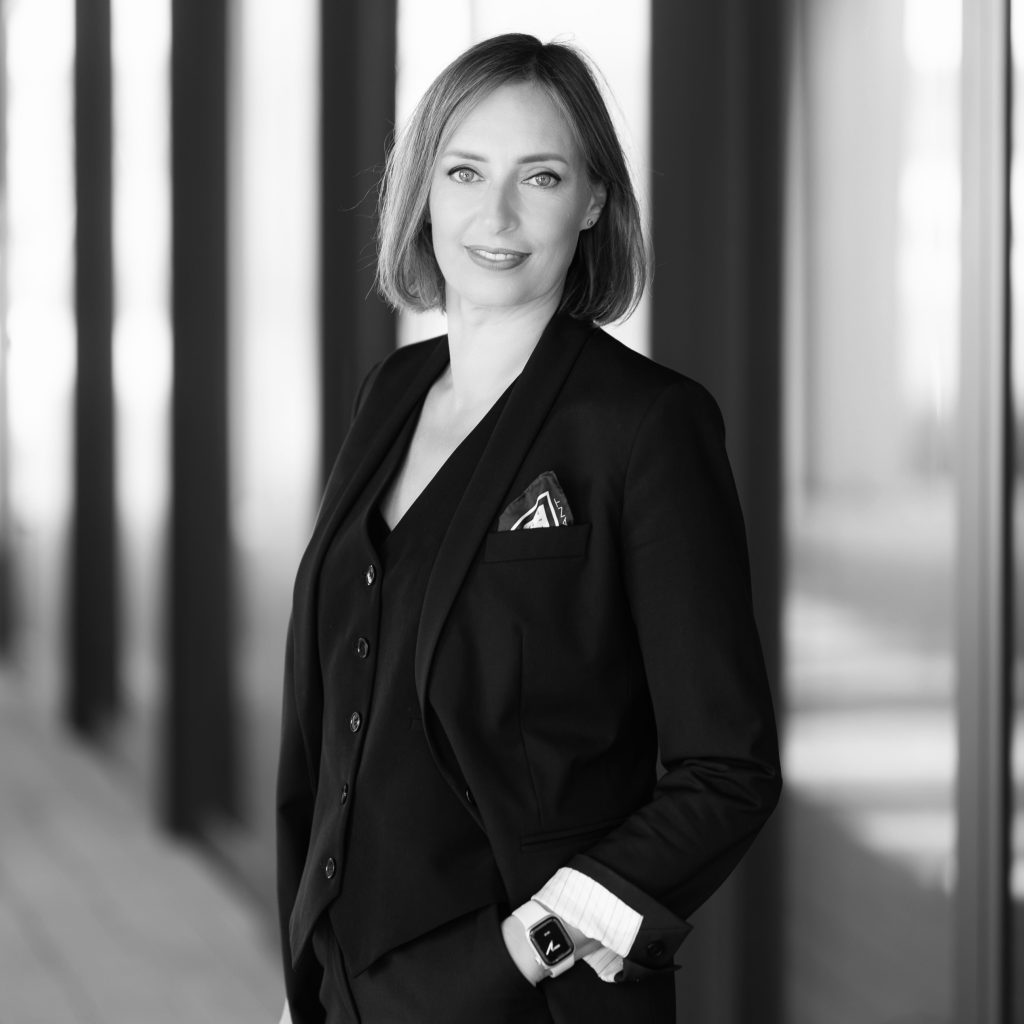
Dr. Živilė Skibarkienė
Ignitis Group, Member of the Management Board, Head of Organisational Development

Dr. Rolandas Paulauskas
Chief research associate and a head of the laboratory of Combustion Processes at the Lithuanian Energy Institute. Panelist of discussion “Advanced Organic Molecules for Next Generation Solar Cells”
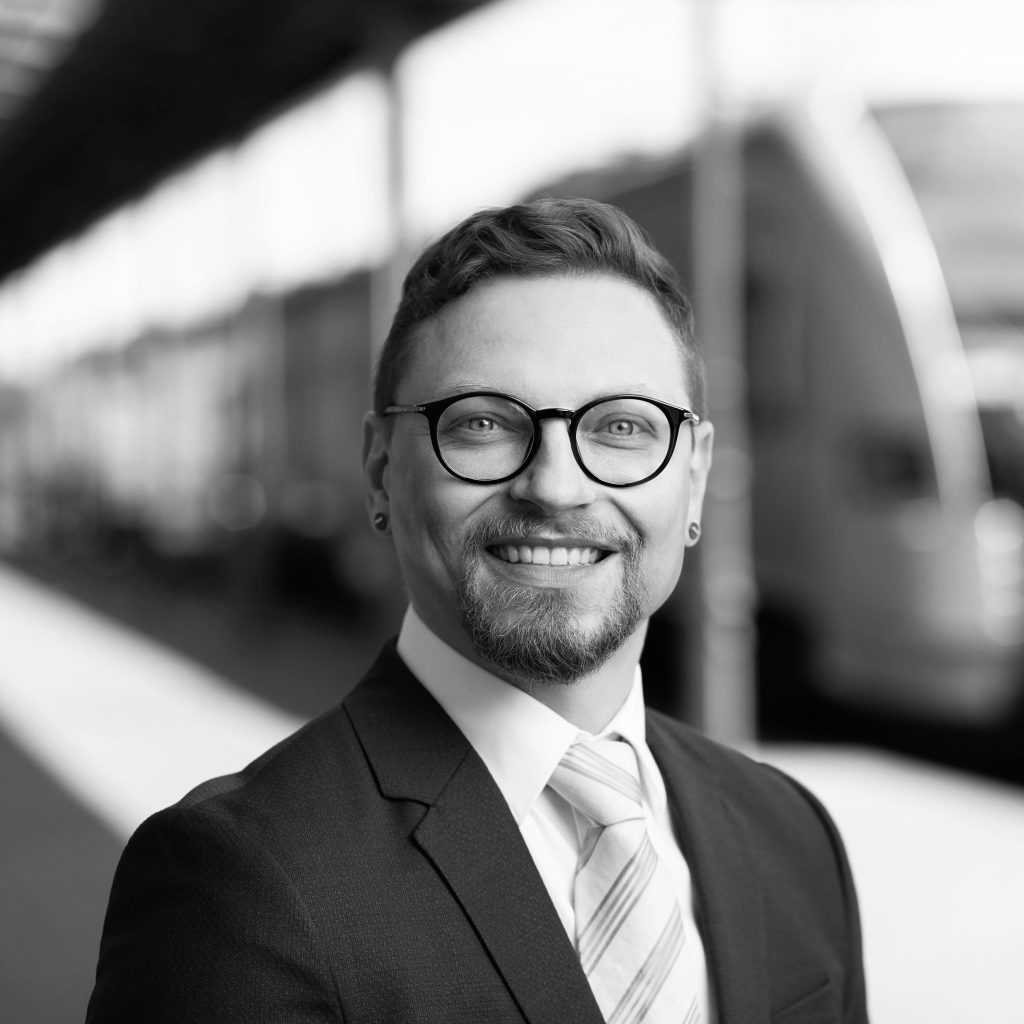
Dr. Gediminas Šečkus
Chief Resilience Officer (CRO) of LTG Group
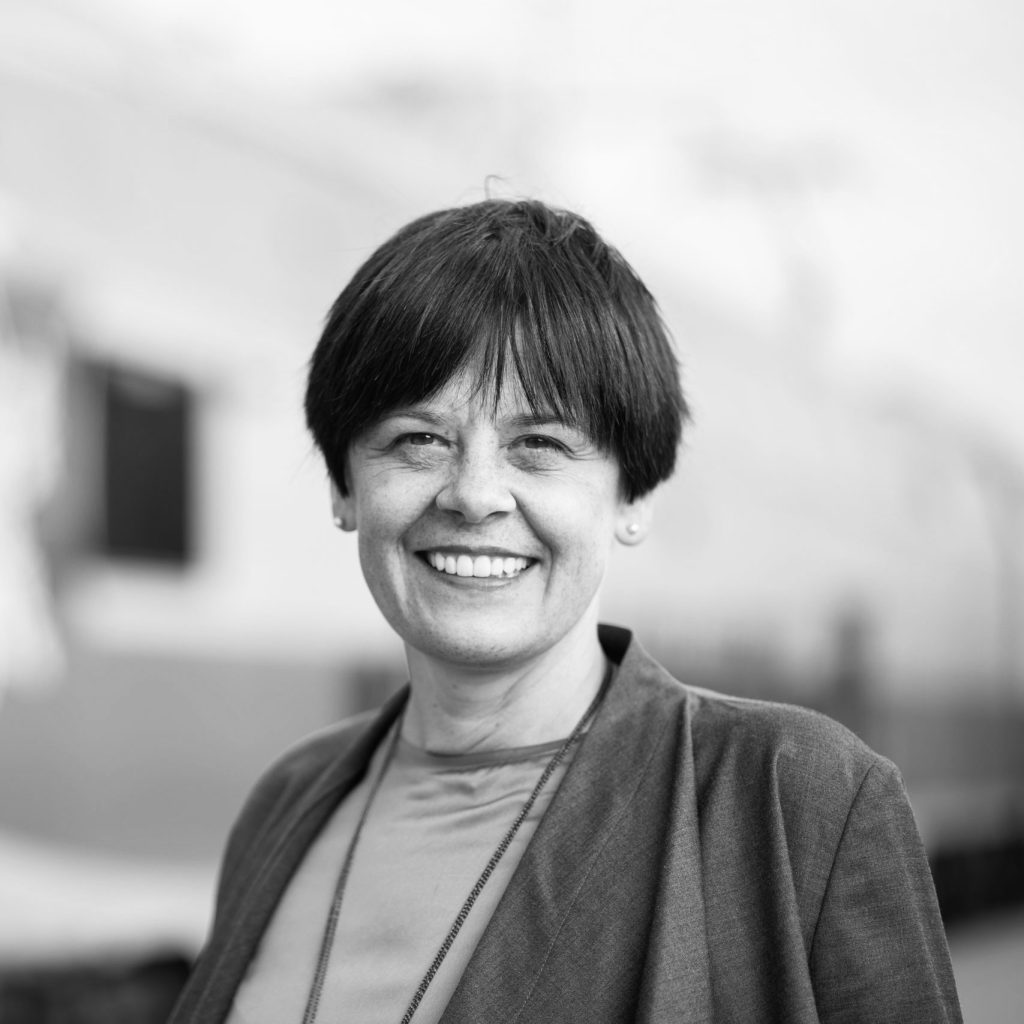
Irena Jankutė-Balkūnė
Chief People and Culture Officer of LTG Group
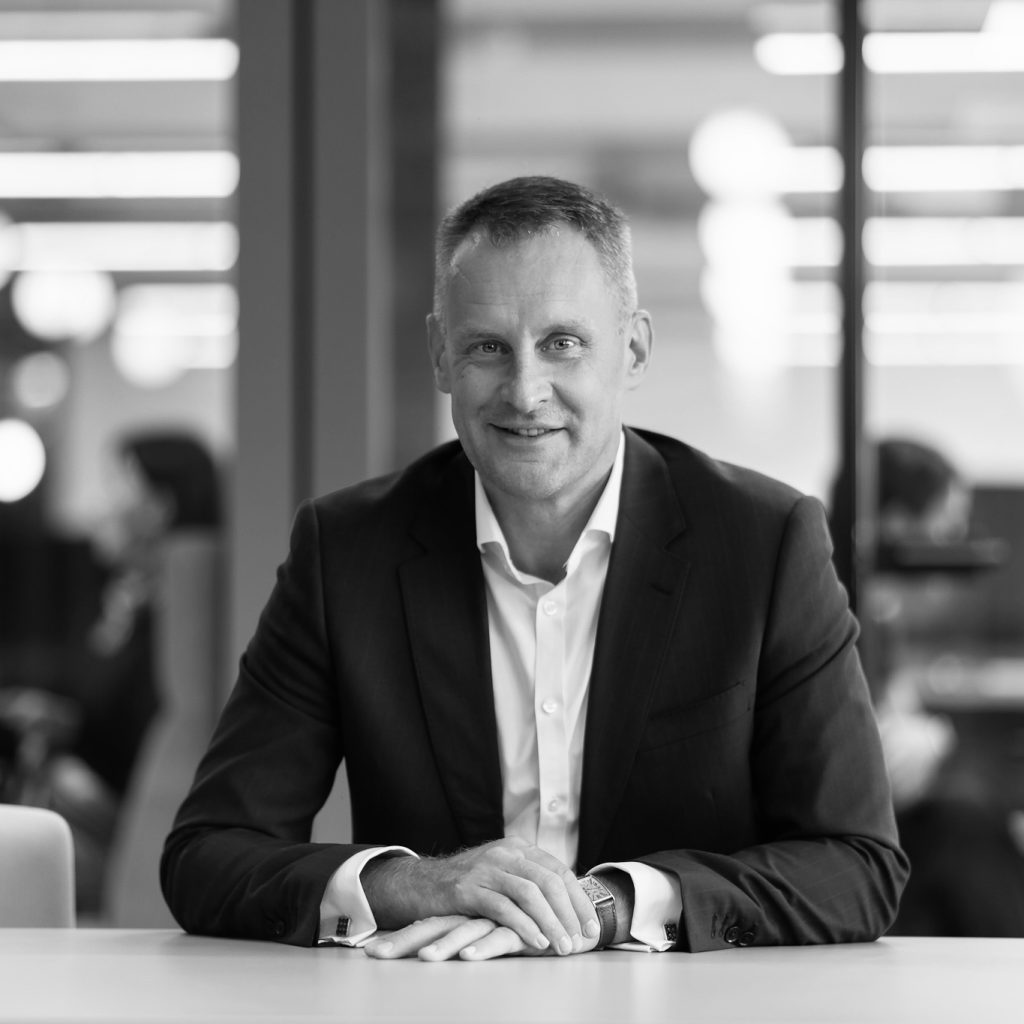
Vytautas Bitinas
Chief Technology Officer (CTO) of LTG Group
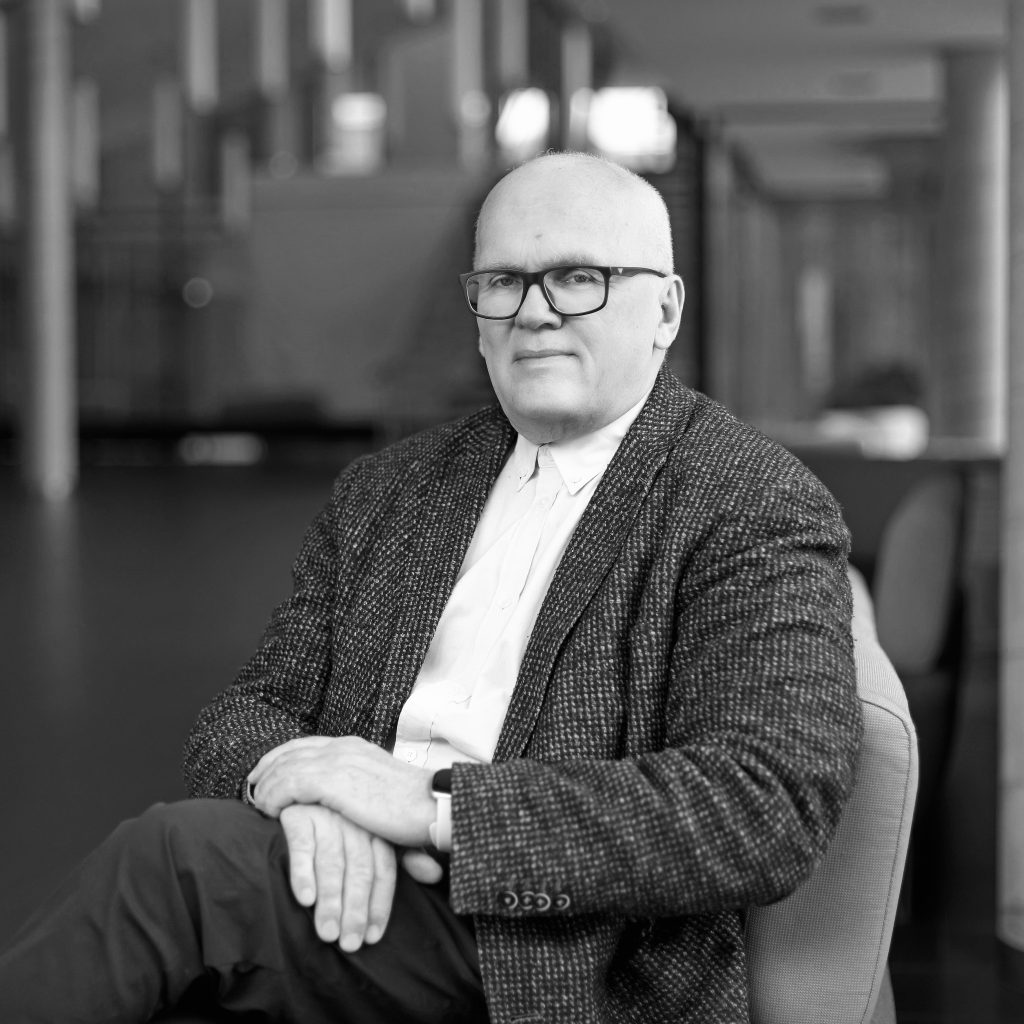
Dr. Antanas Čenys
Professor at VILNIUS TECH

Dr. Artūras Serackis
Head of the Department of Electronic Systems at VILNIUS TECH.
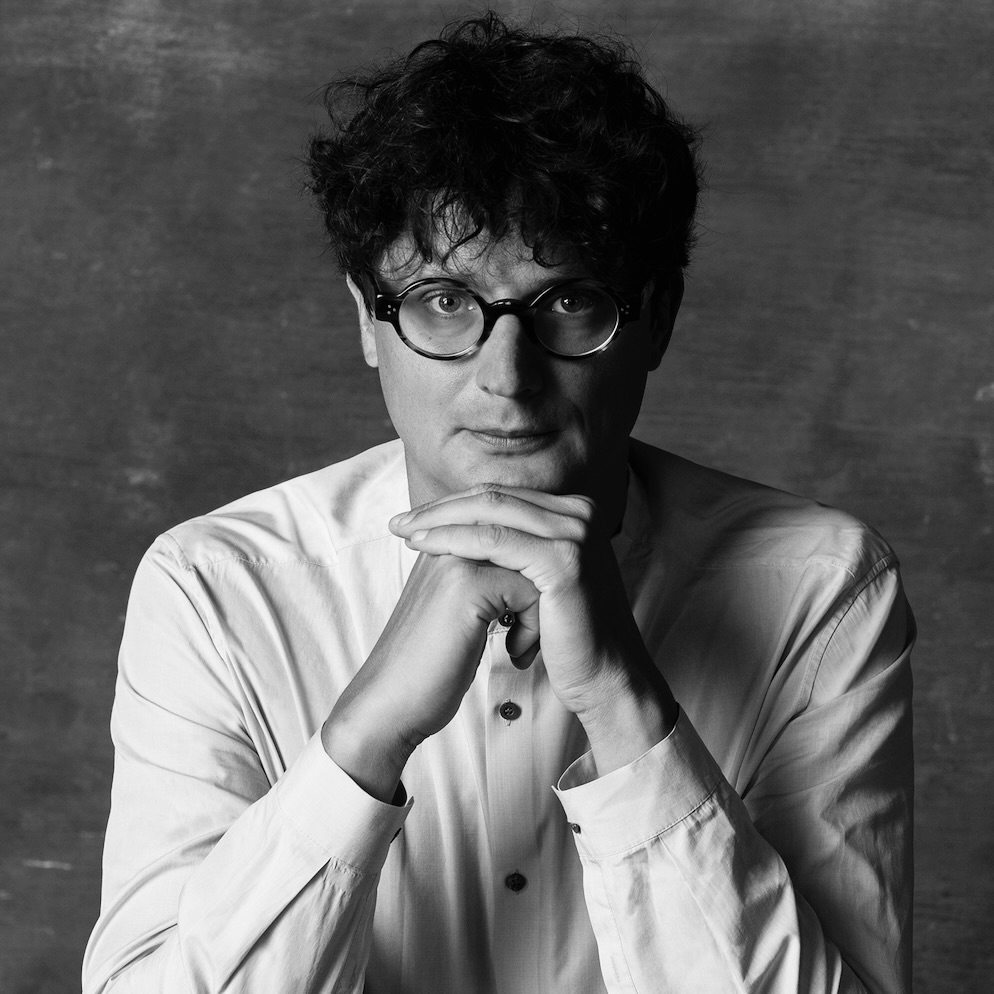
Dr. Kristupas Sabolius
Professor of philosophy at the Institute of Philosophy of Vilnius University (Lithuania), a principal investigator at the (Post)Authoritarian Landscapes Research Center
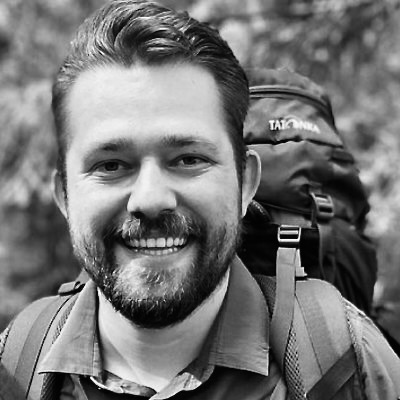
Dr. Algimantas Černiauskas
Data Scientist | People Manager IBM Client Innovation Center Baltic
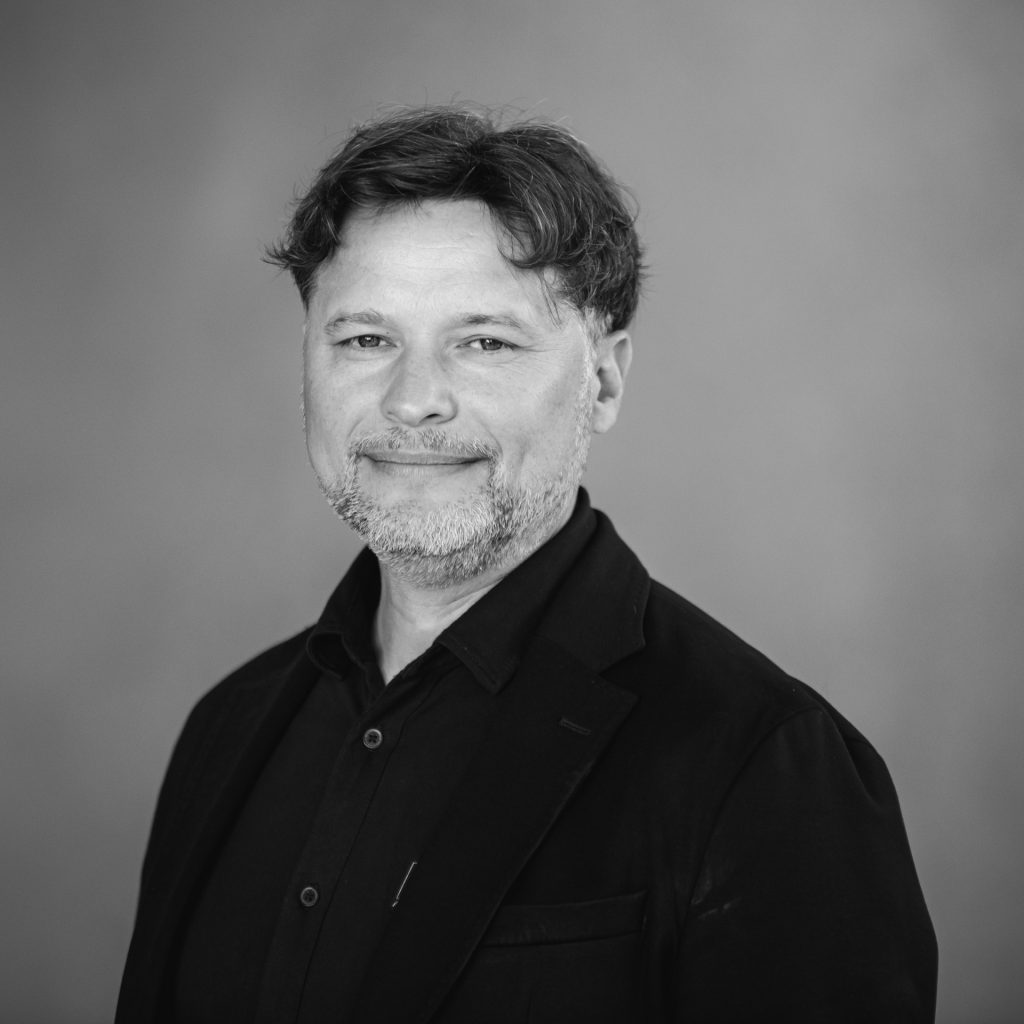
Assoc. Prof. Dr. Osvaldas Stripeikis
Associate Professor and Lecturer at Vytautas Magnus University
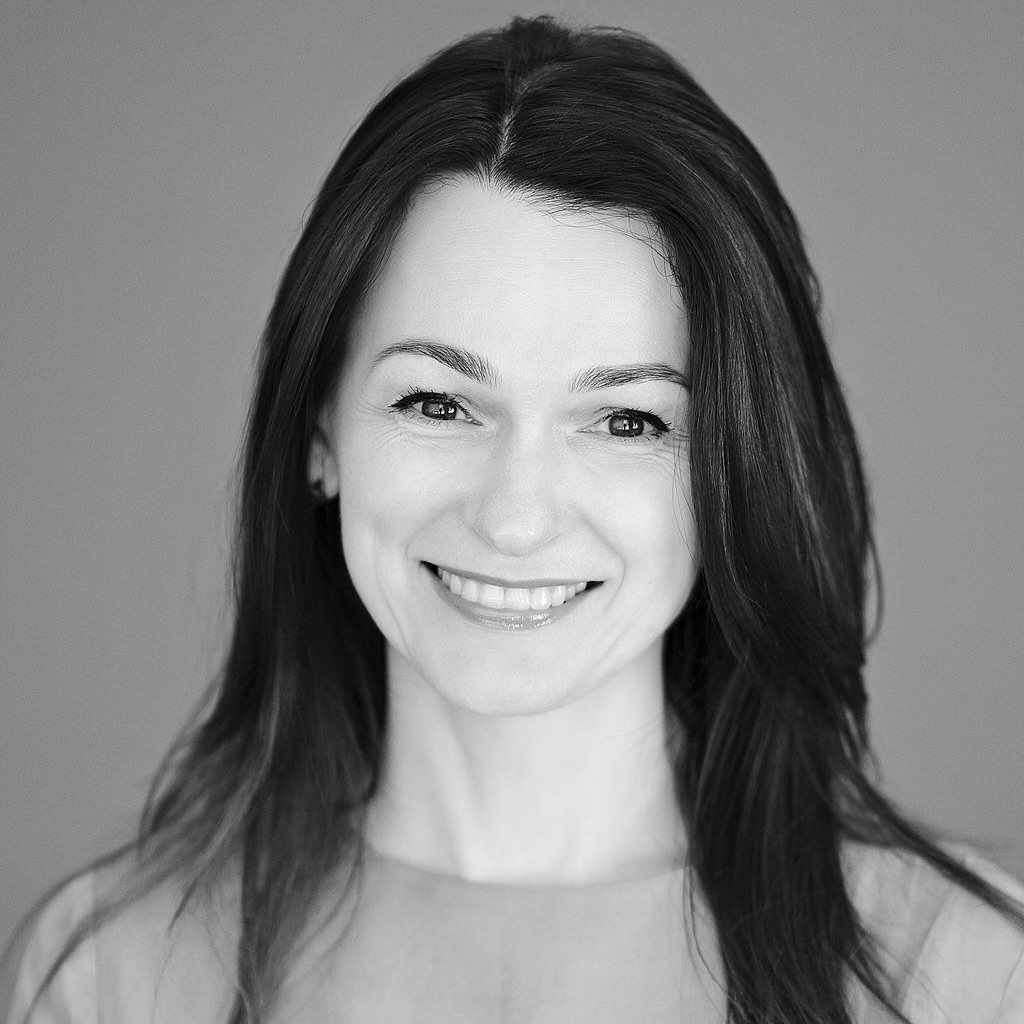
Dr. Jūratė Tutlytė
Associate Professor in the Department of Art History and Criticism, Faculty of Arts at Vytautas Magnus University and Senior Researcher at the New European Bauhaus Centre at Vilnius Academy of Arts.

Dr. Antanas Čenys
Professor at Vilnius TECH


